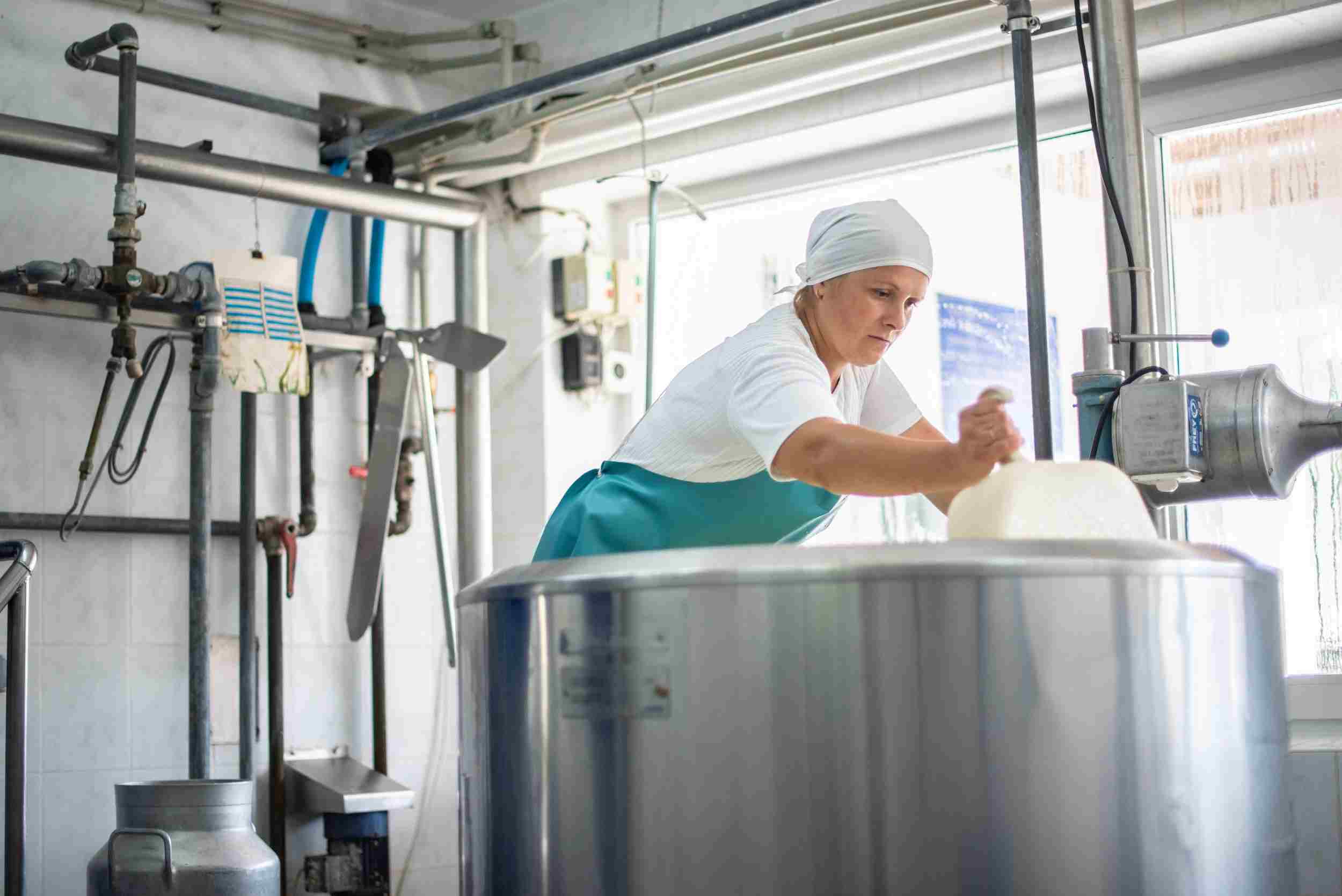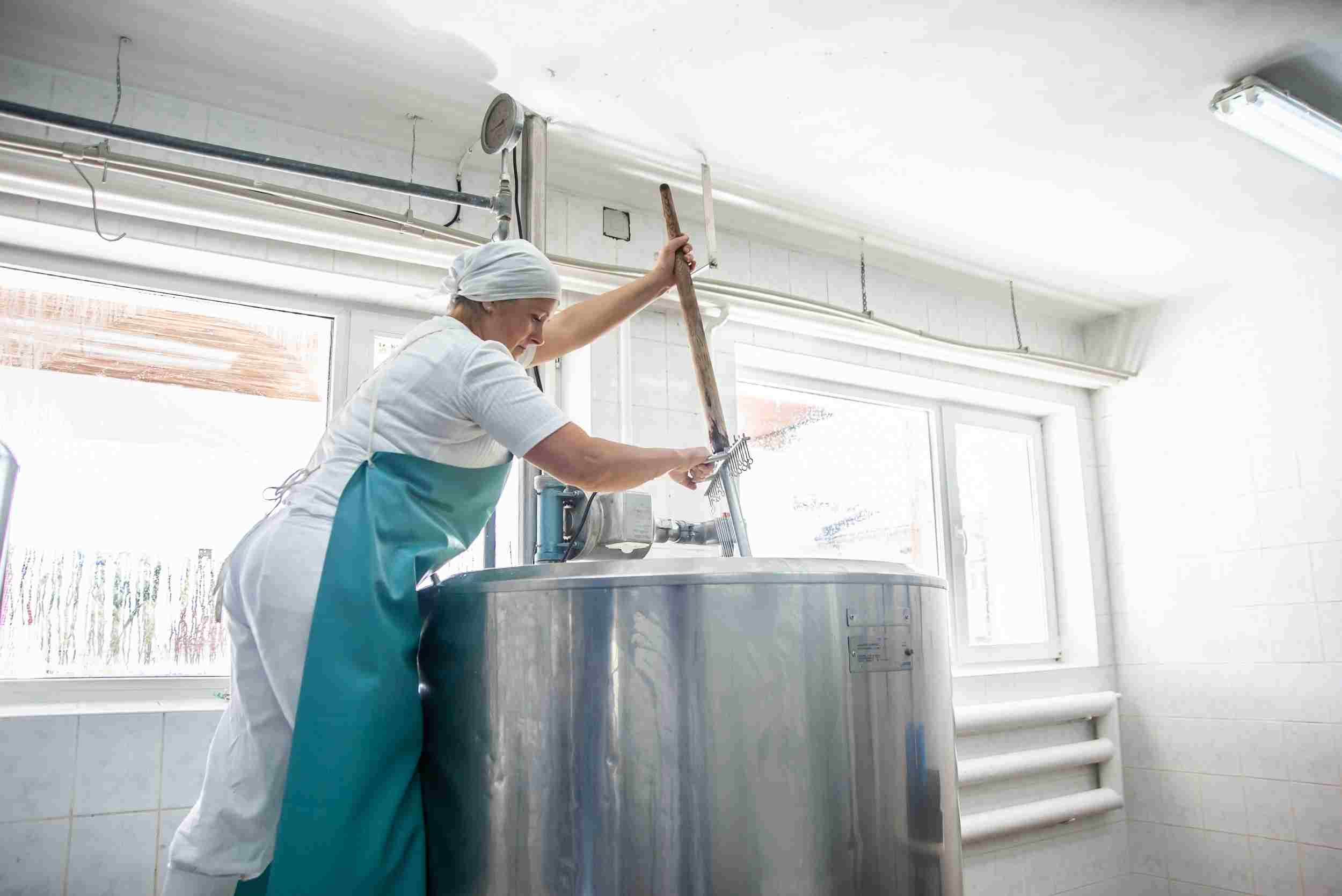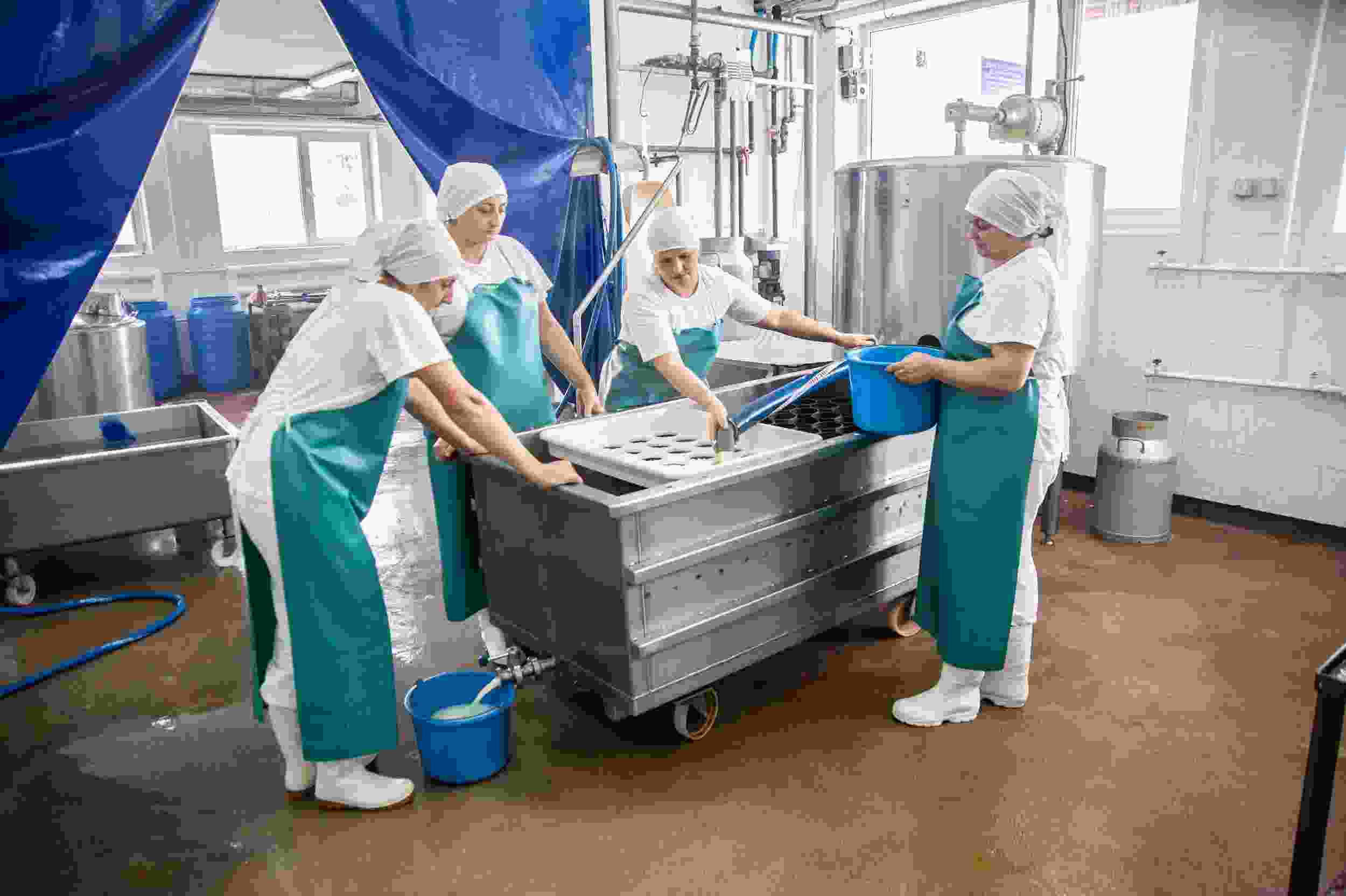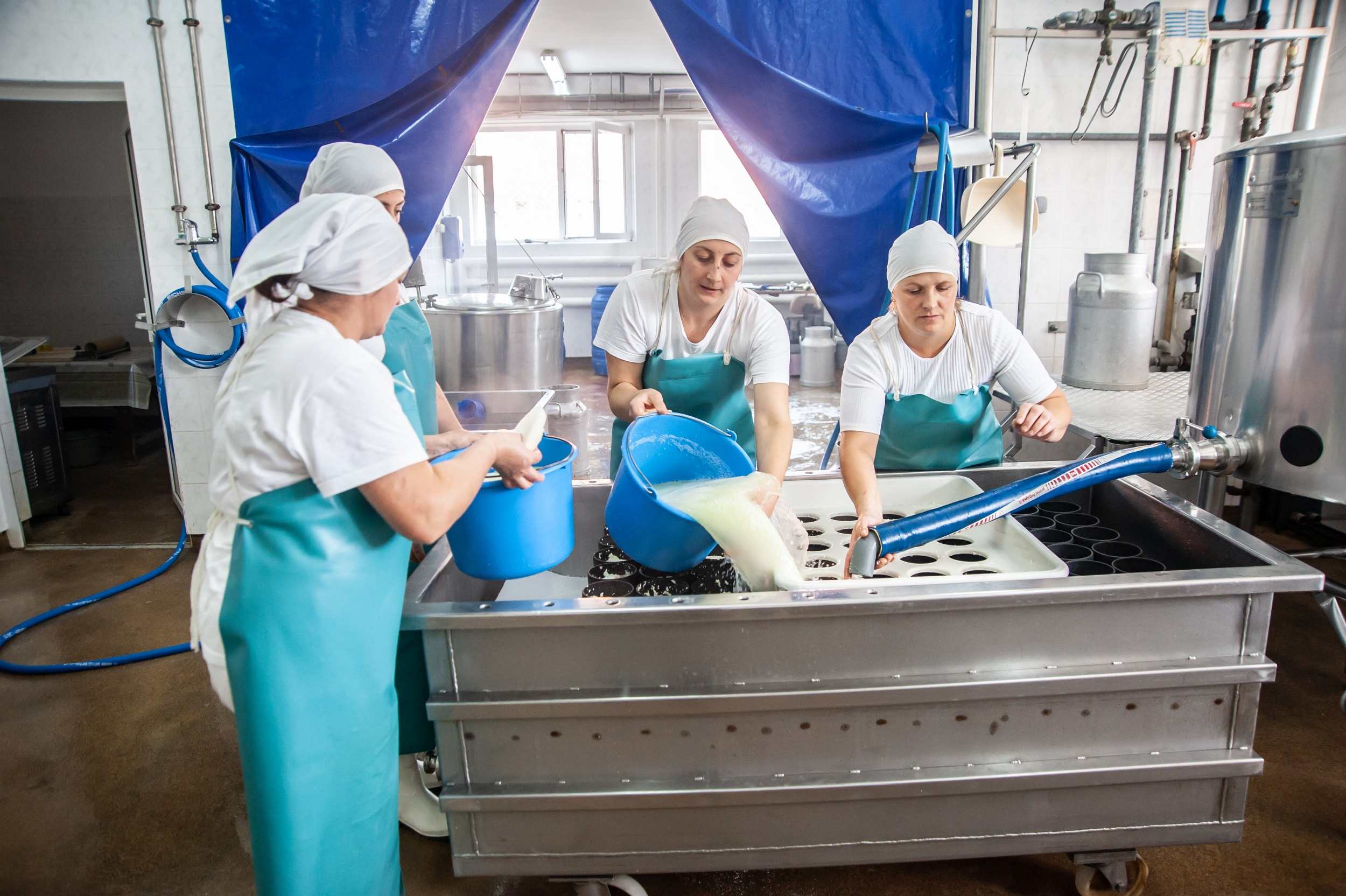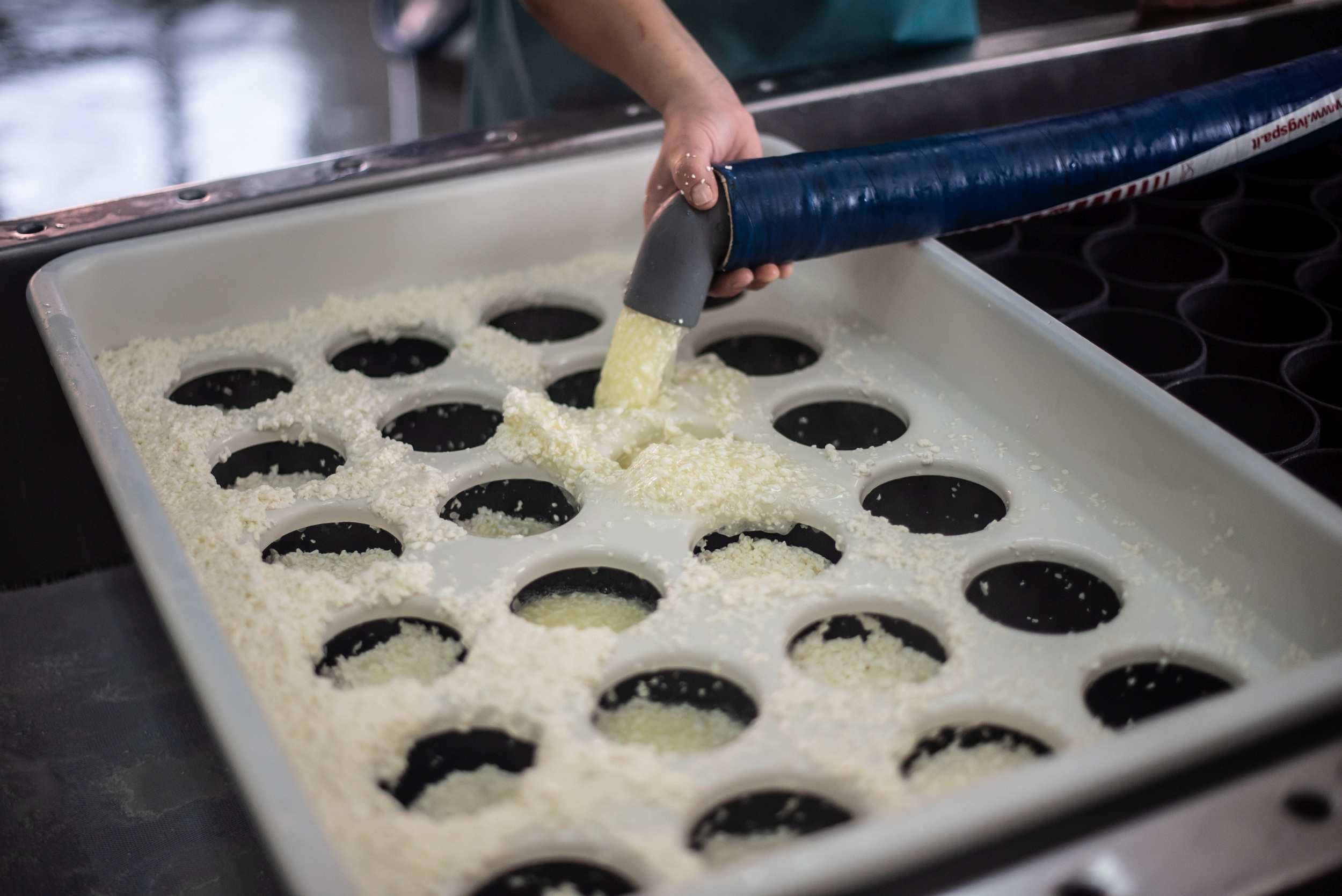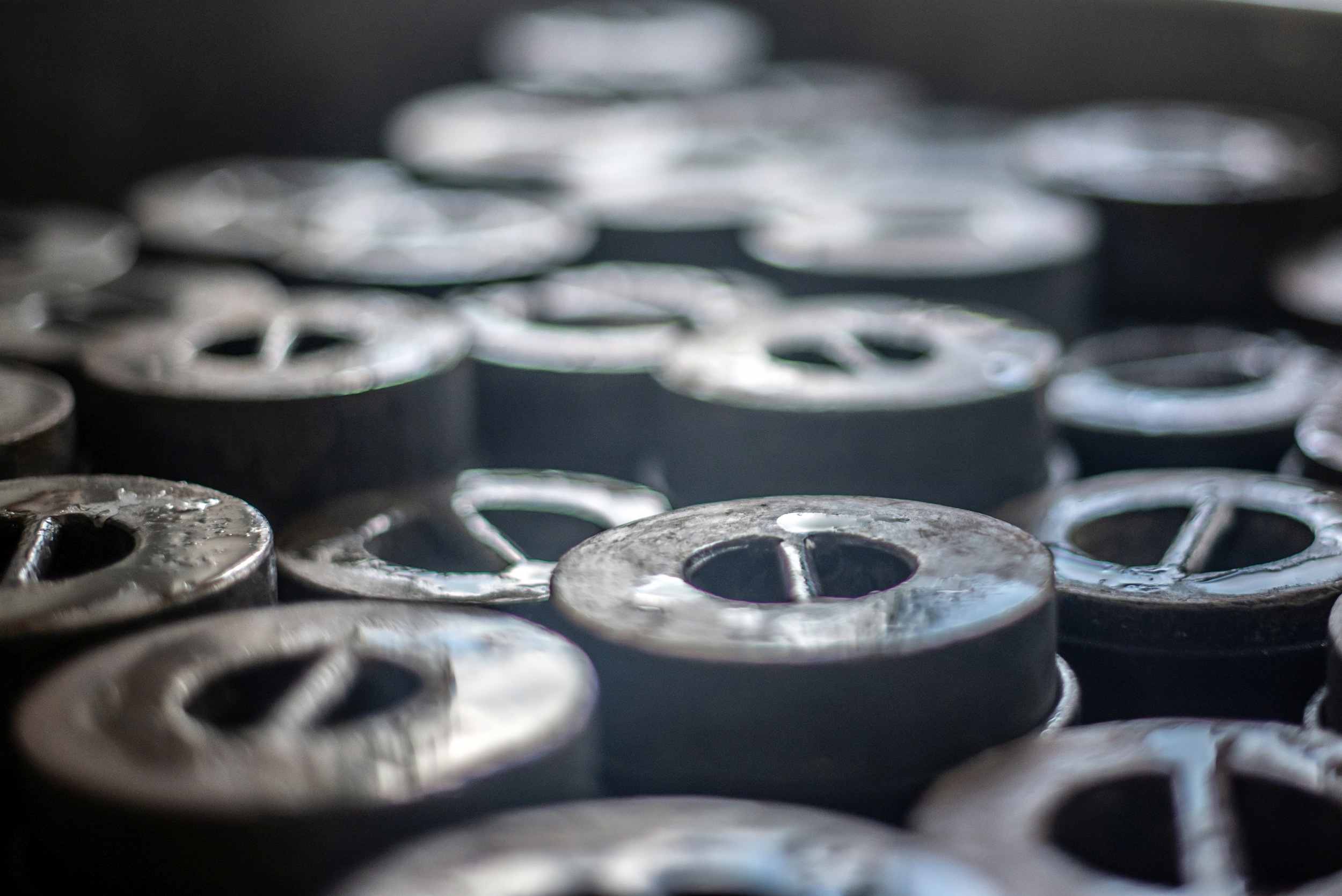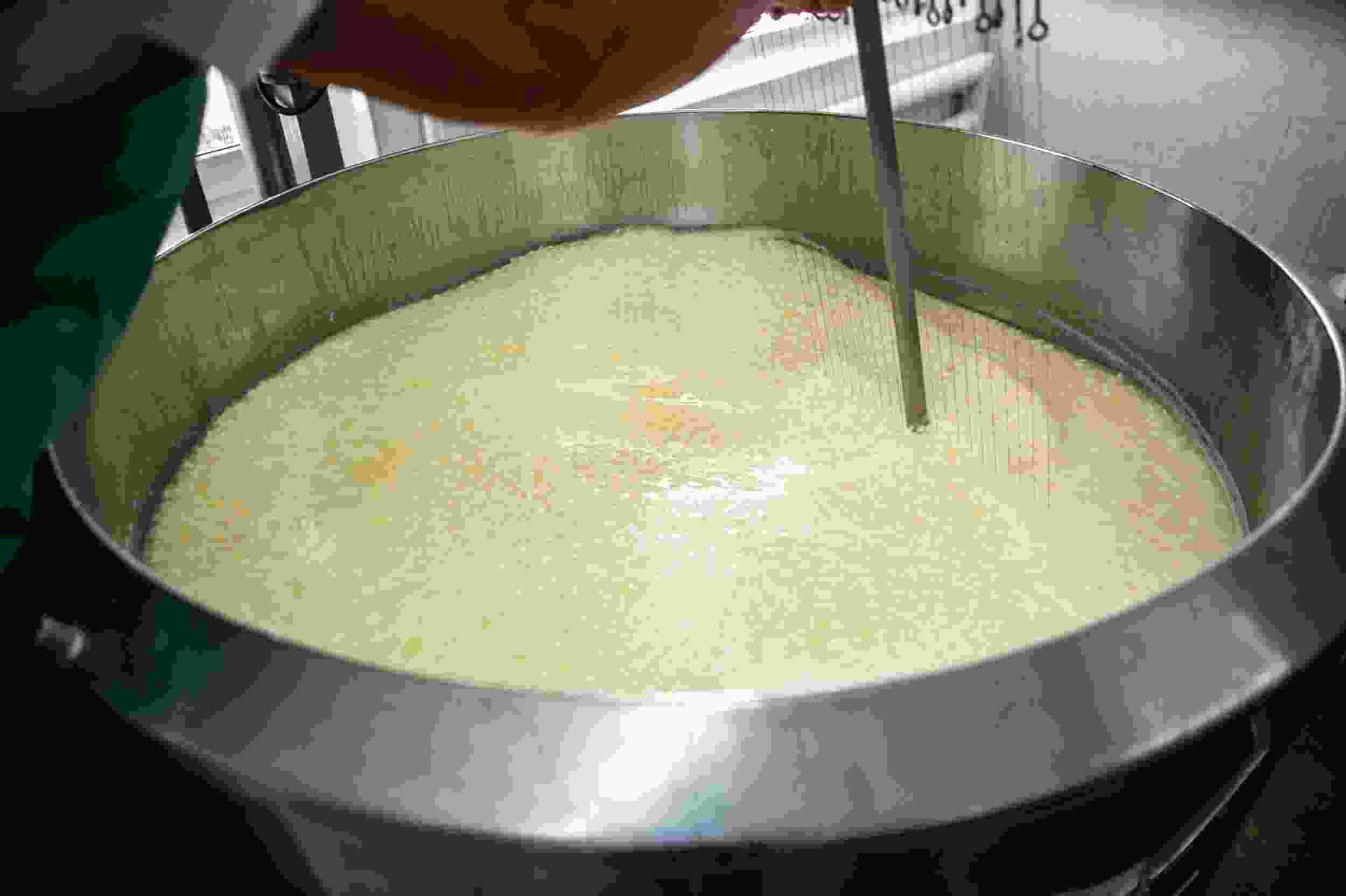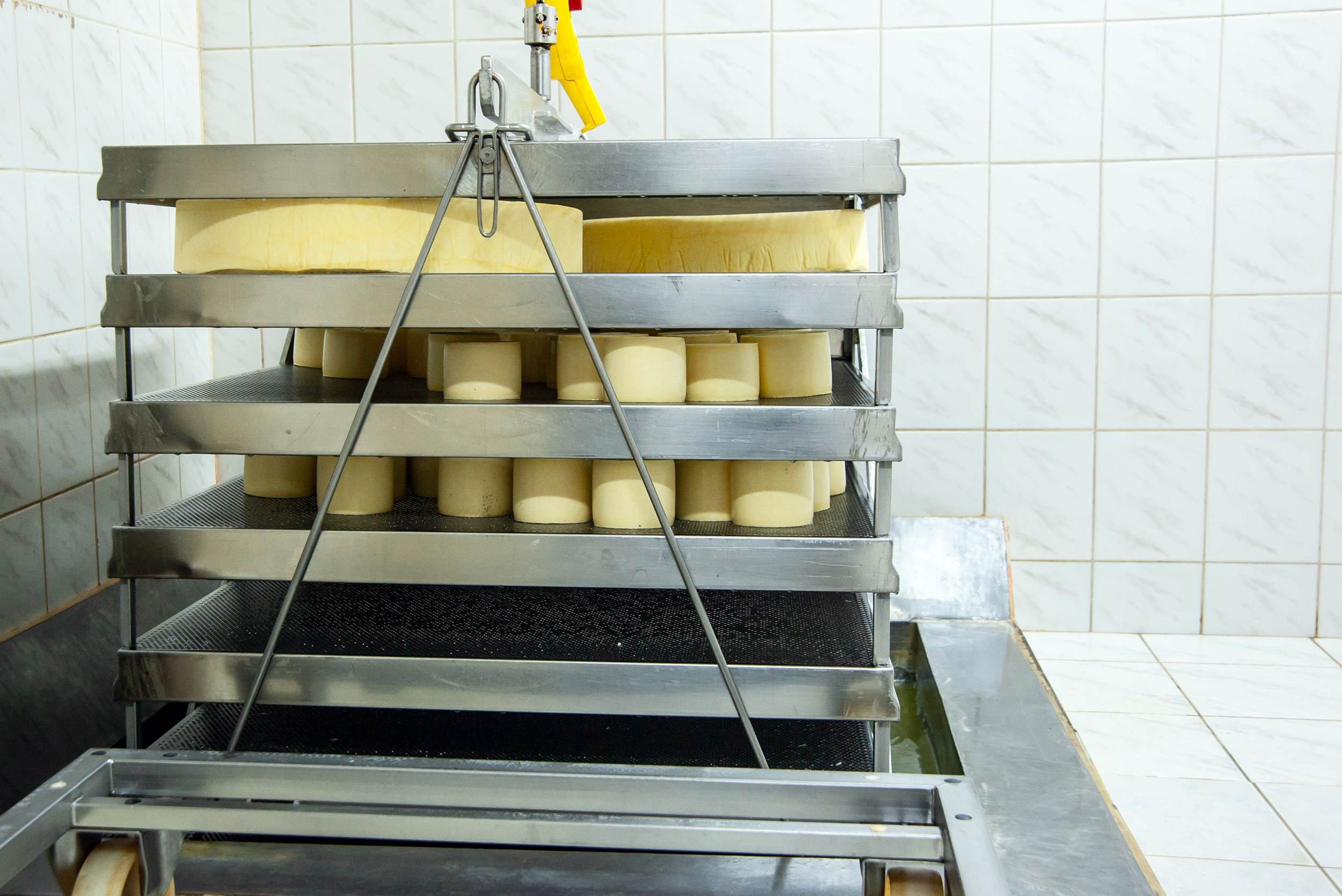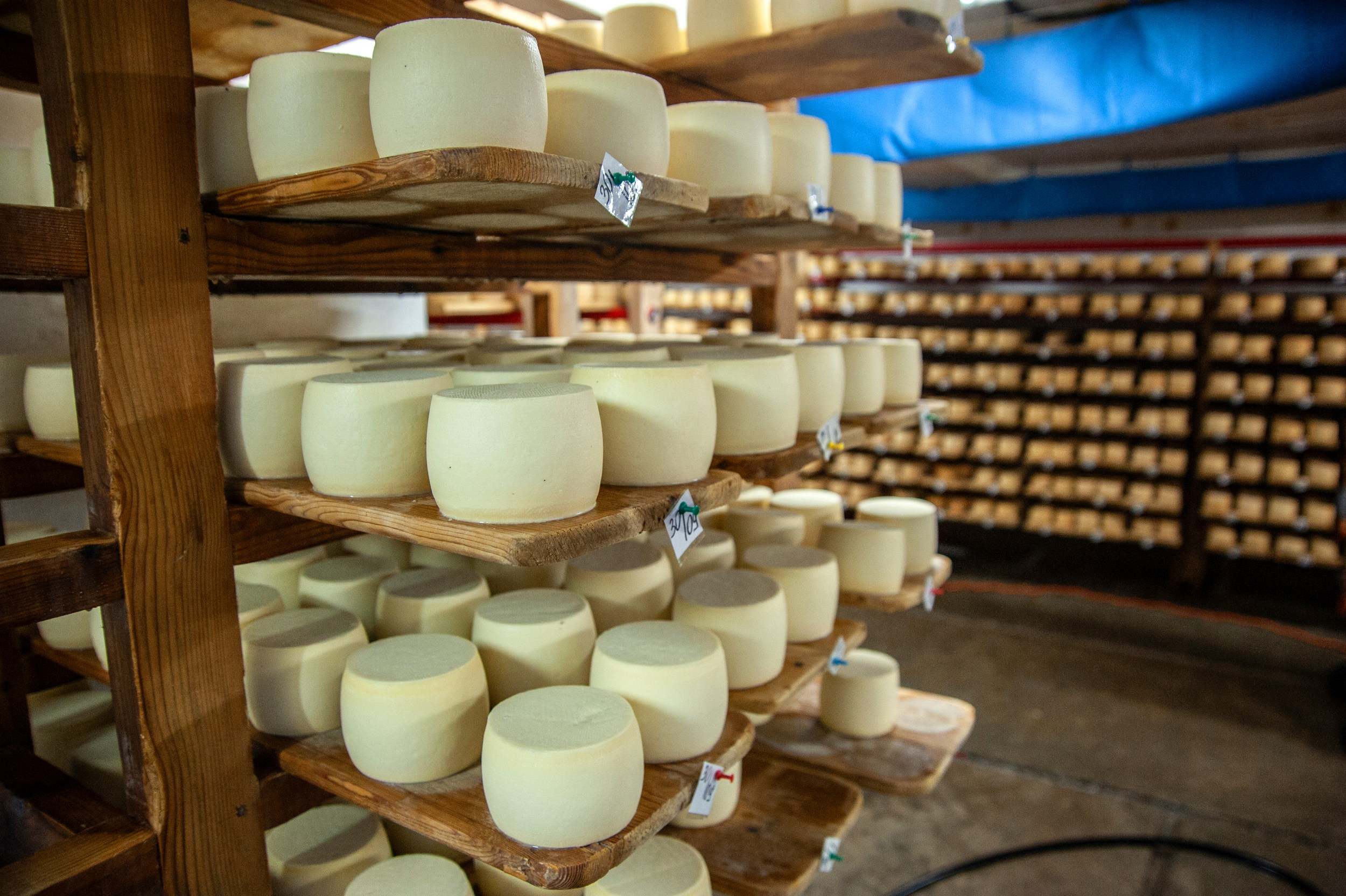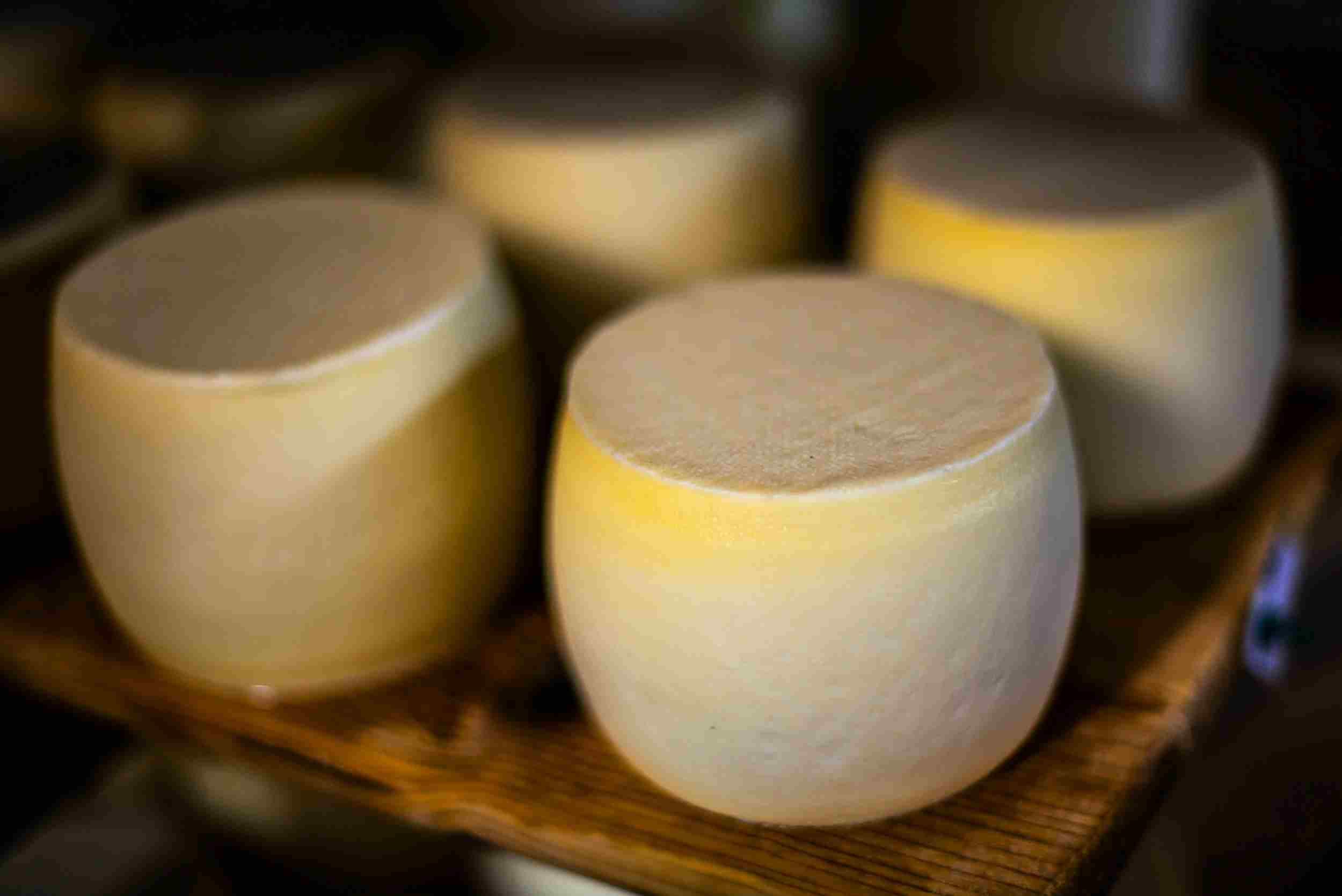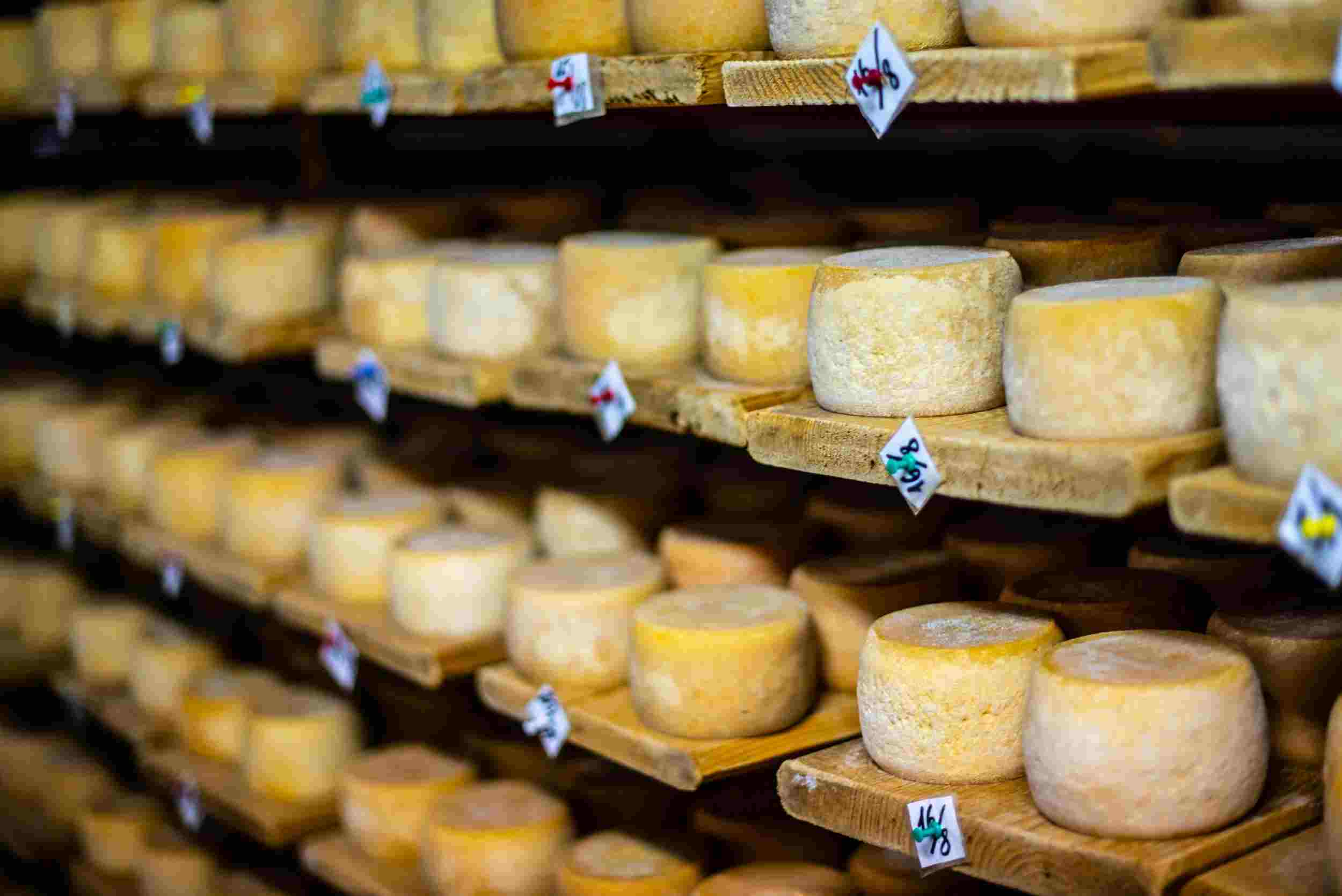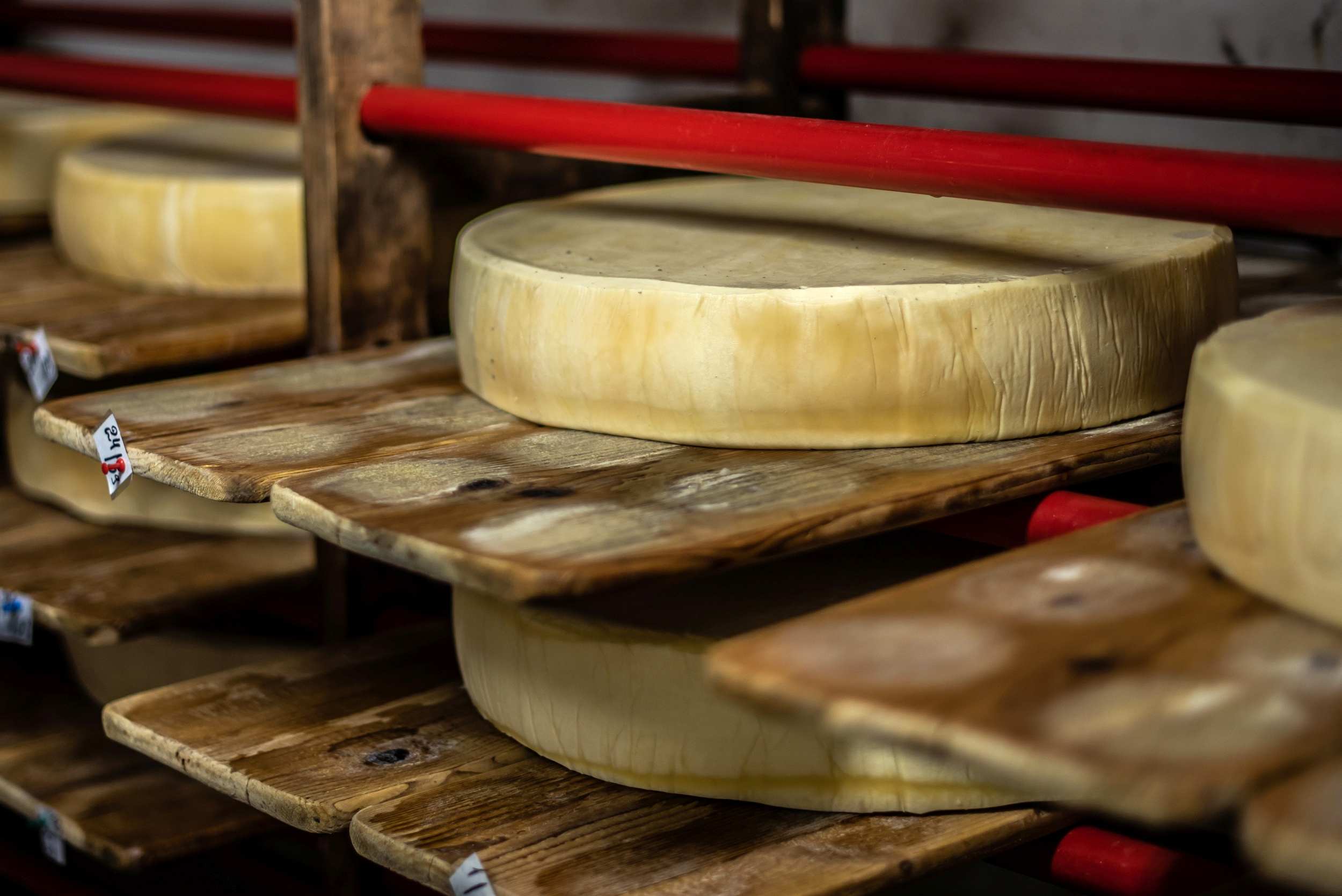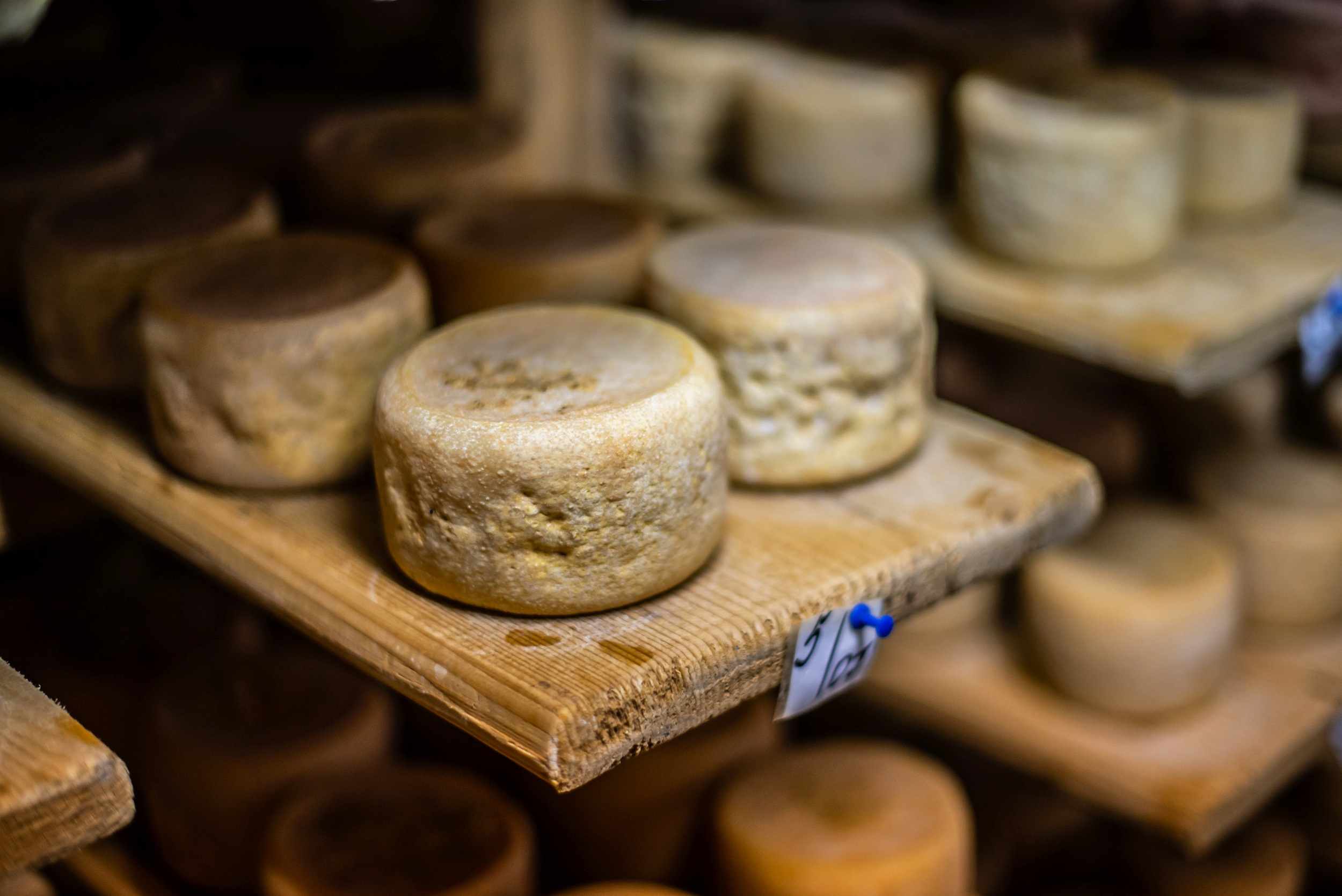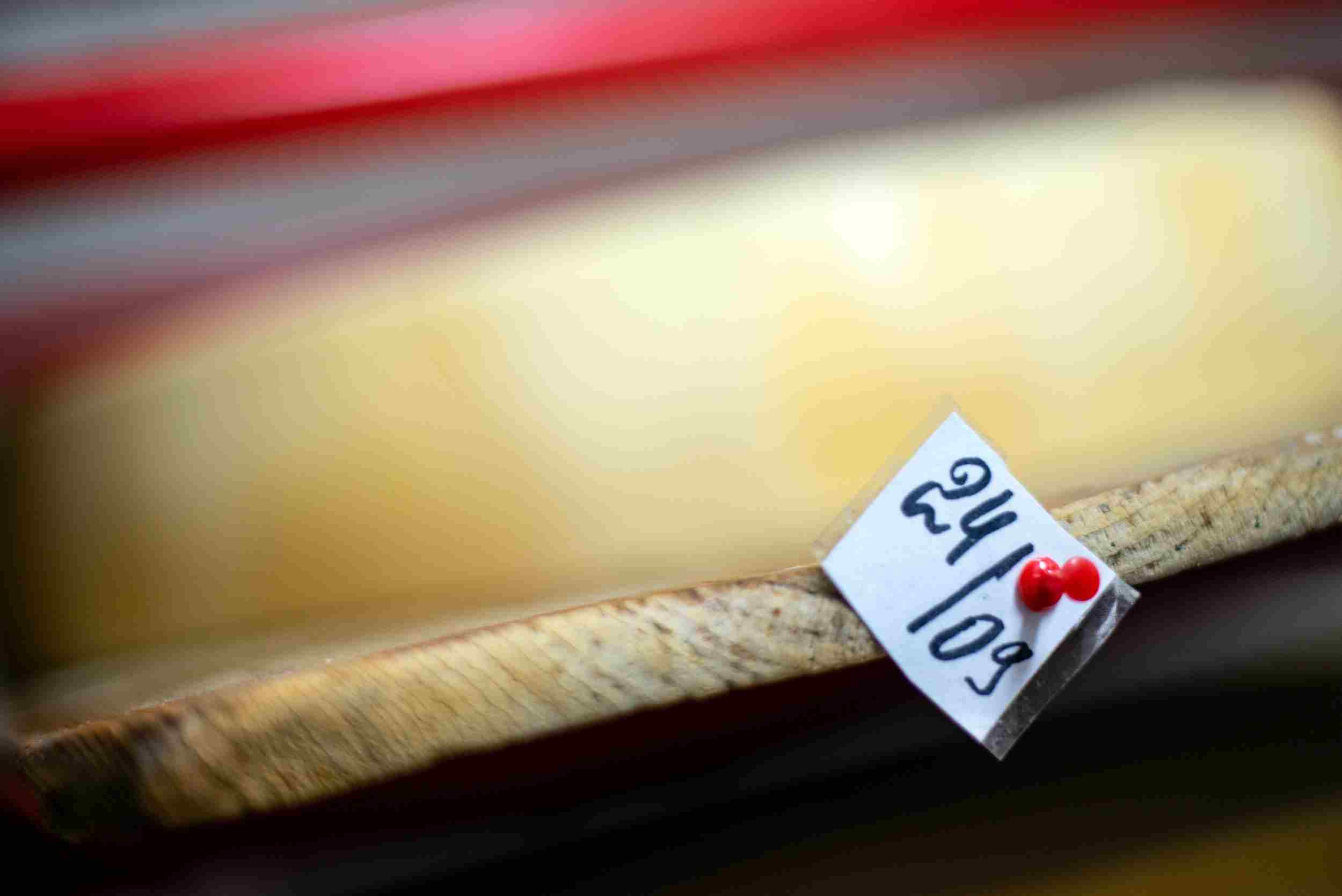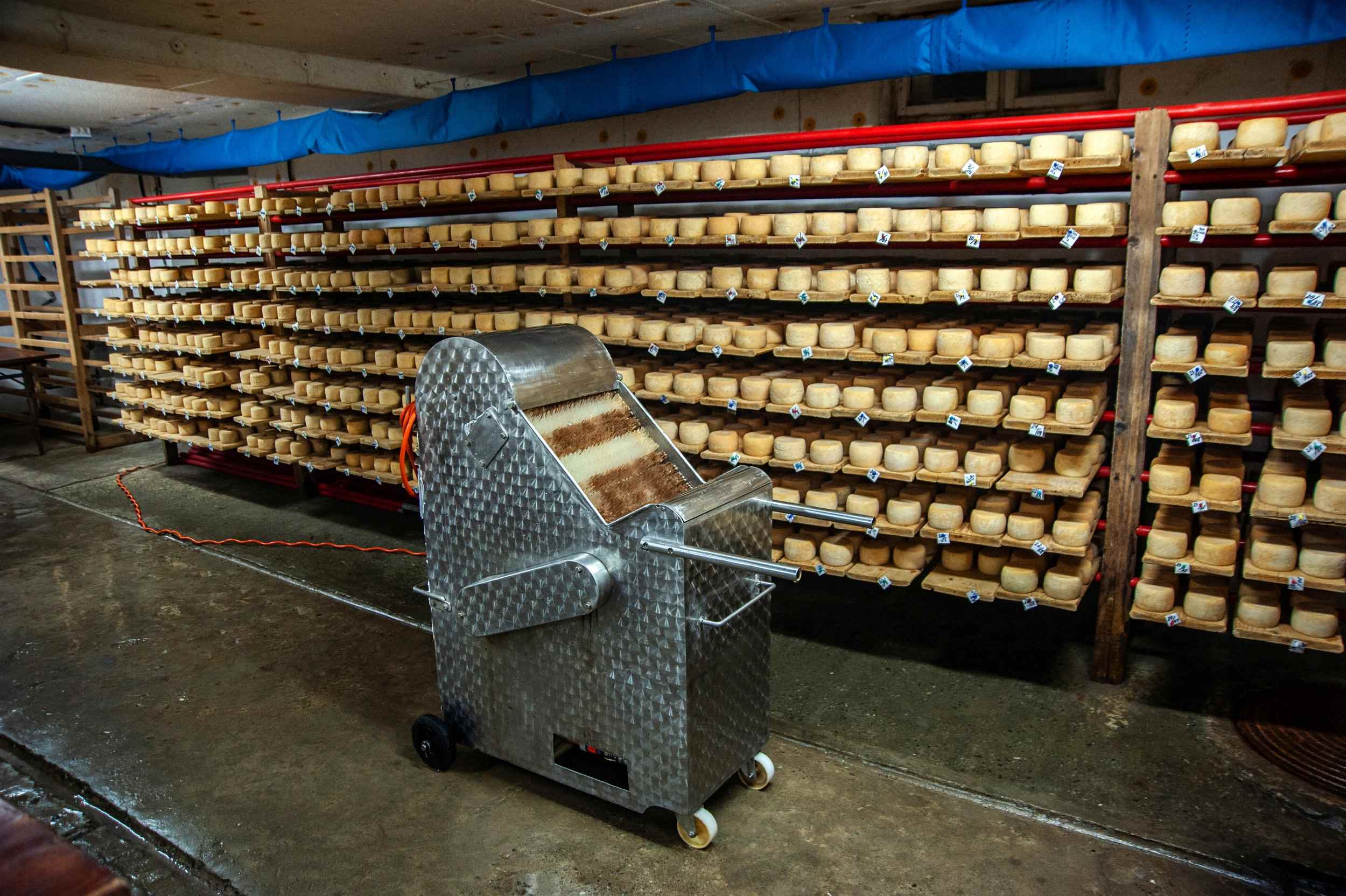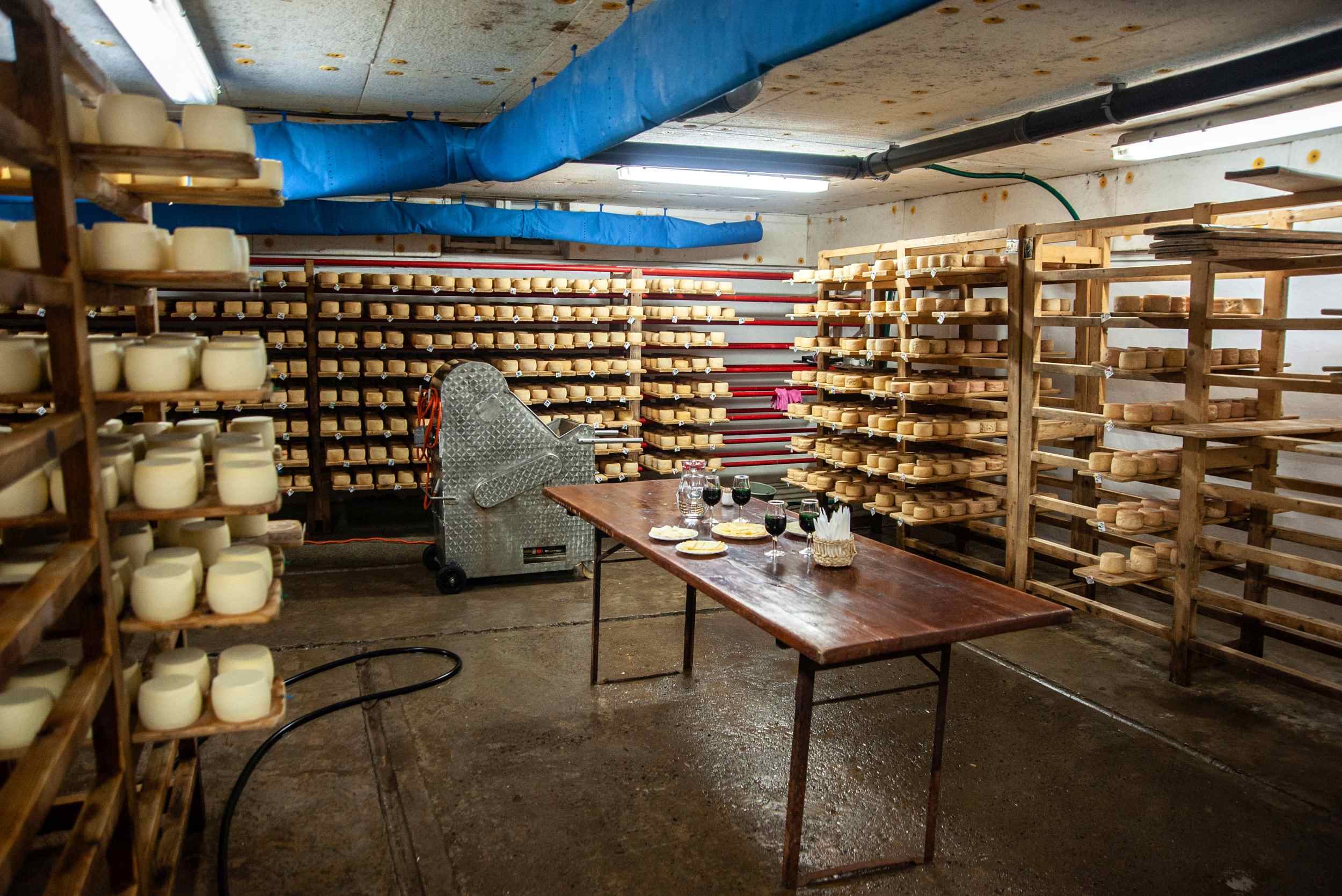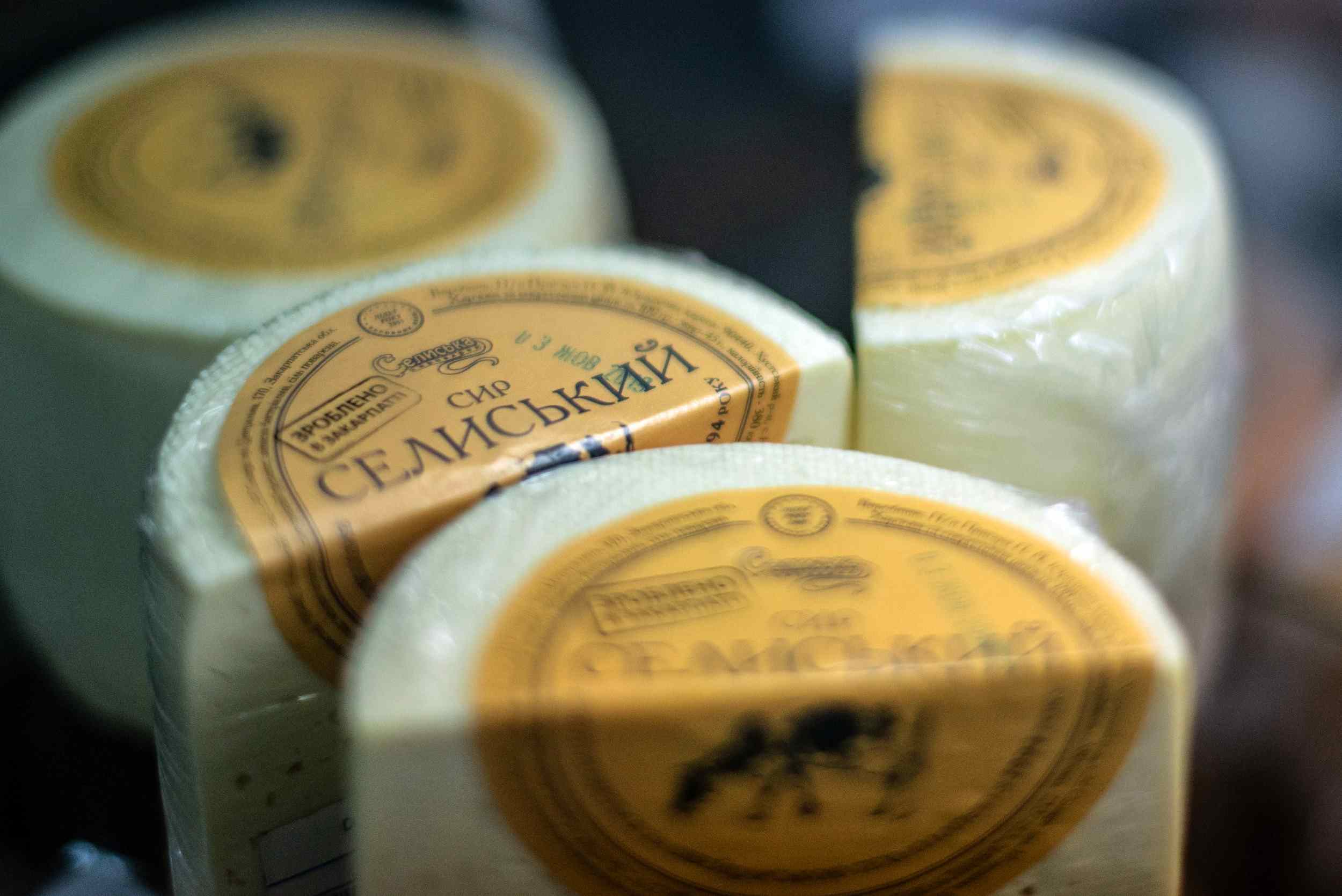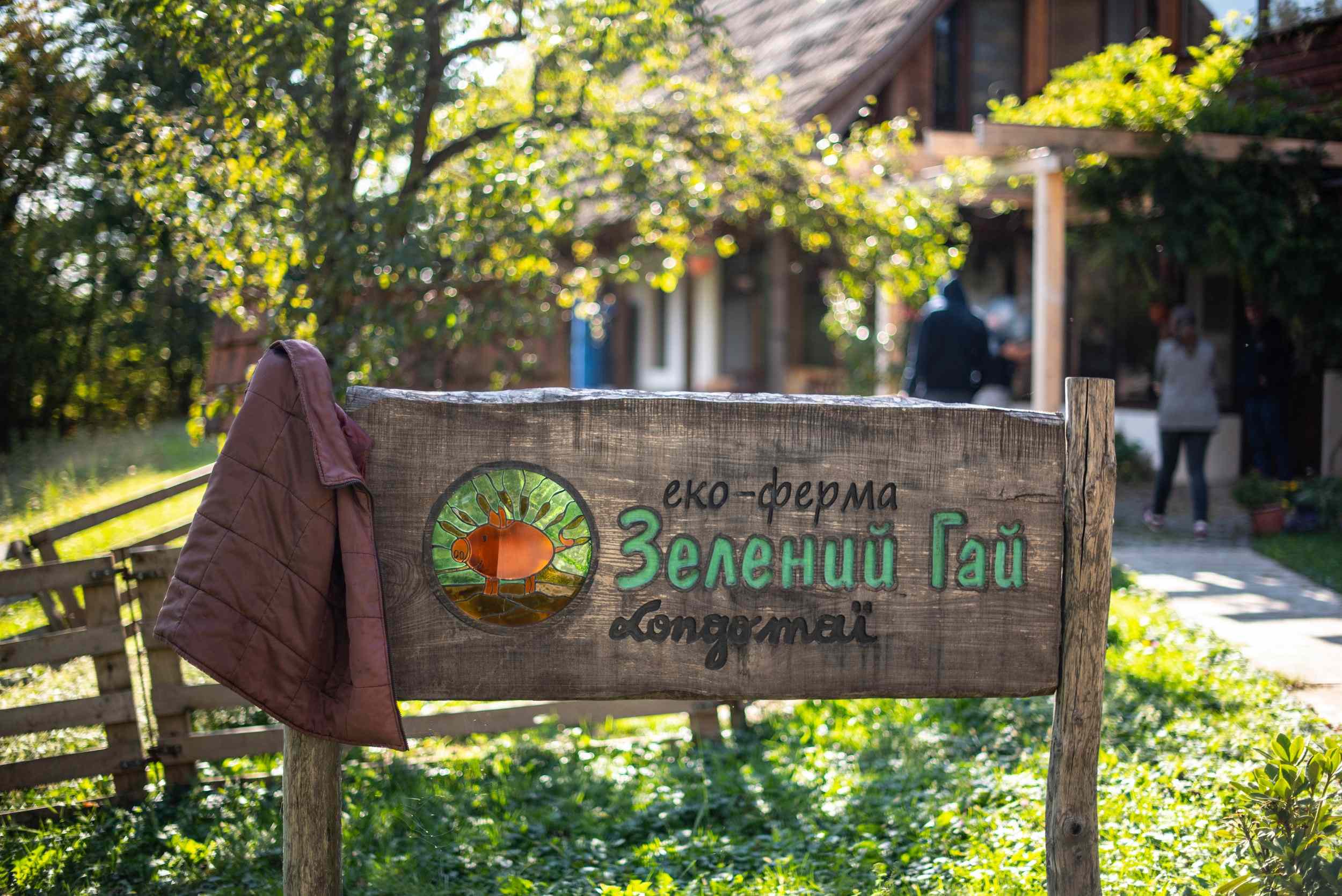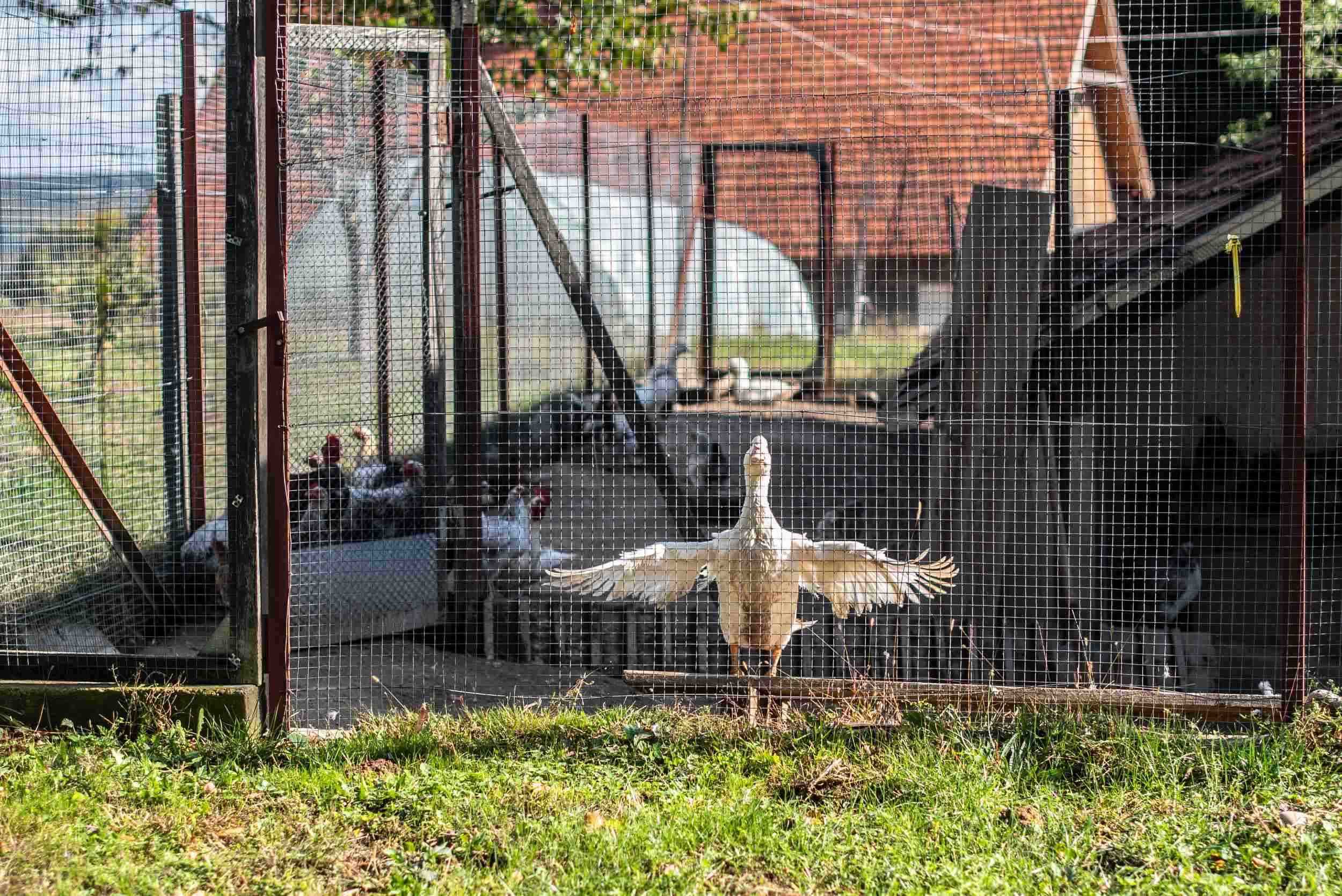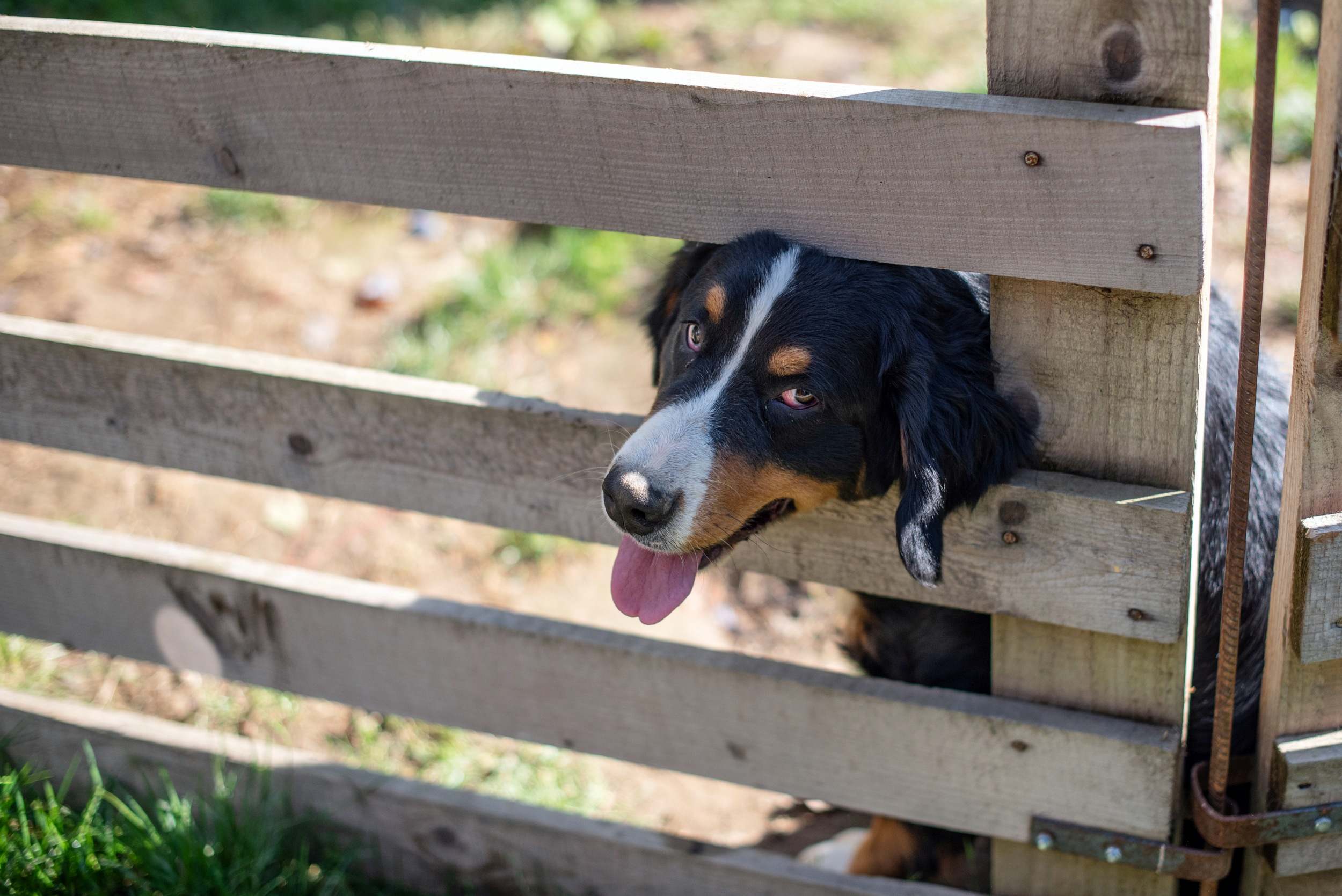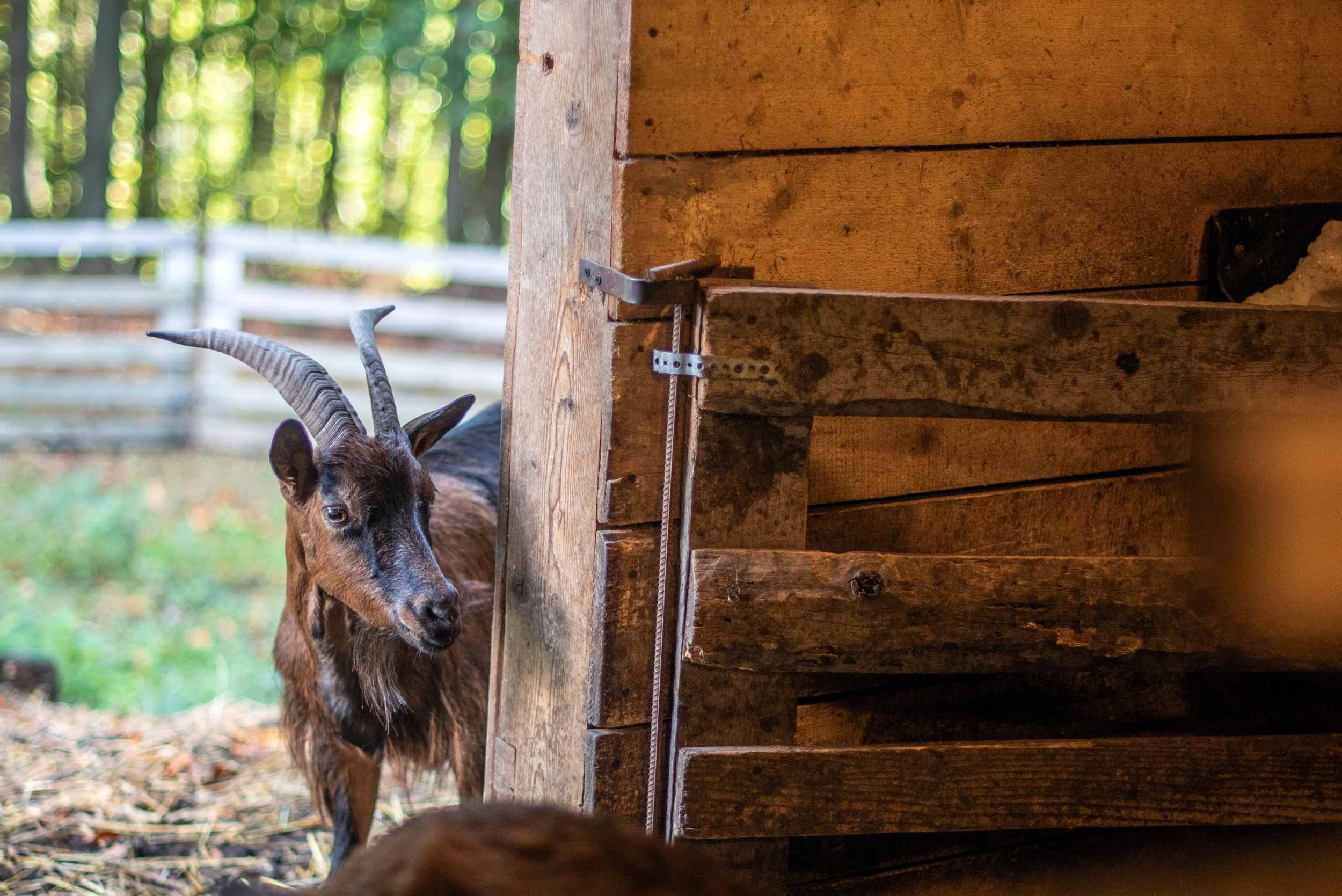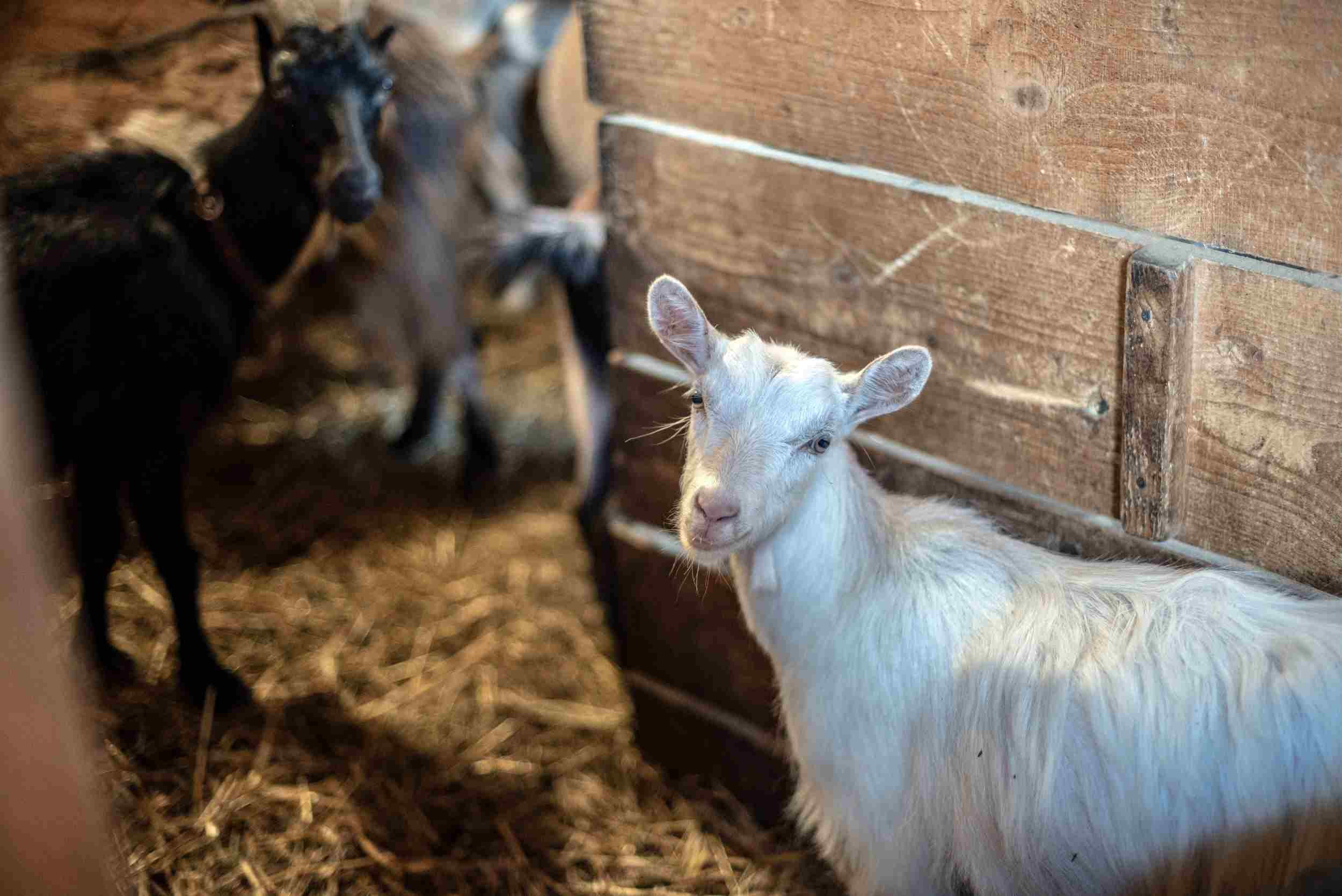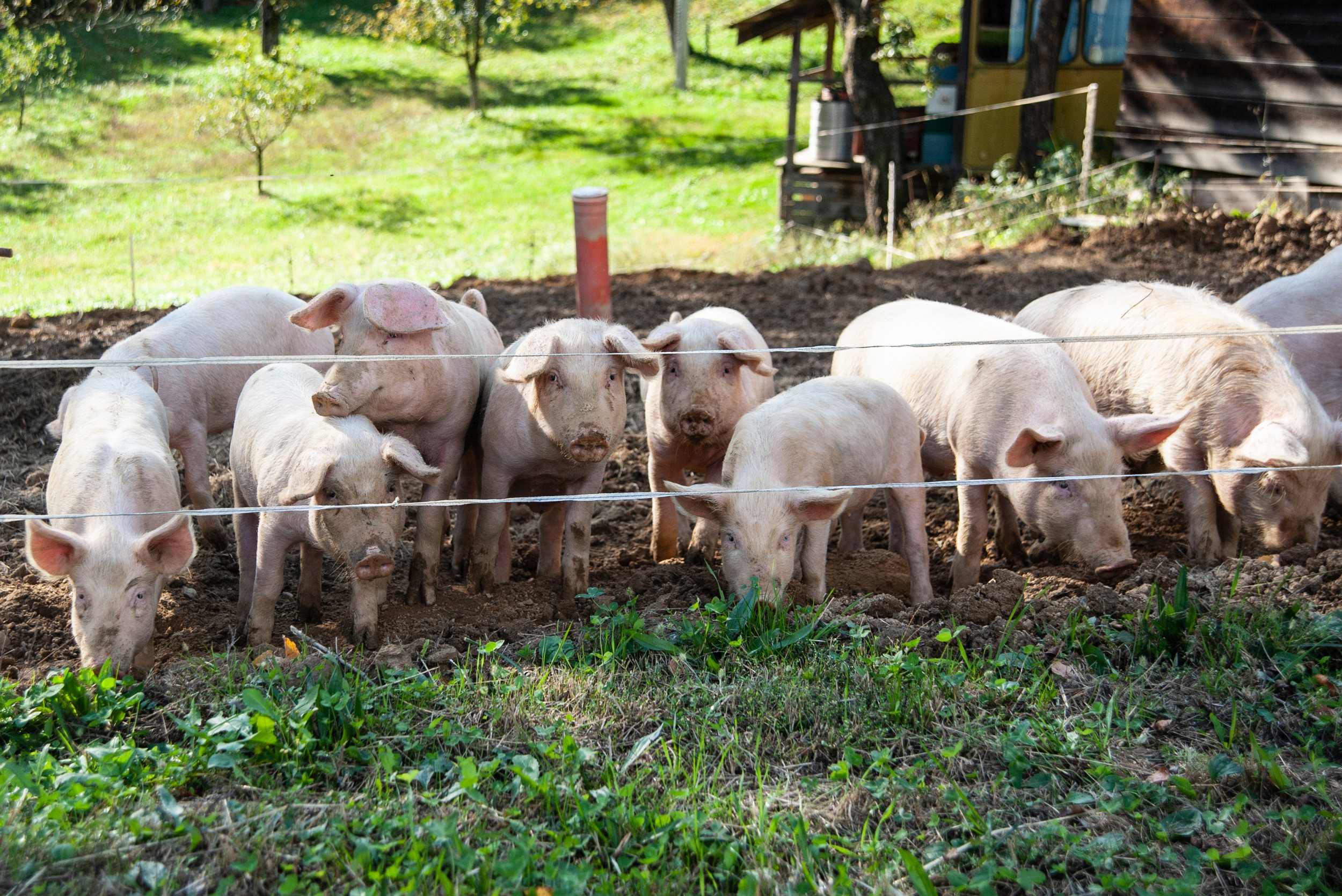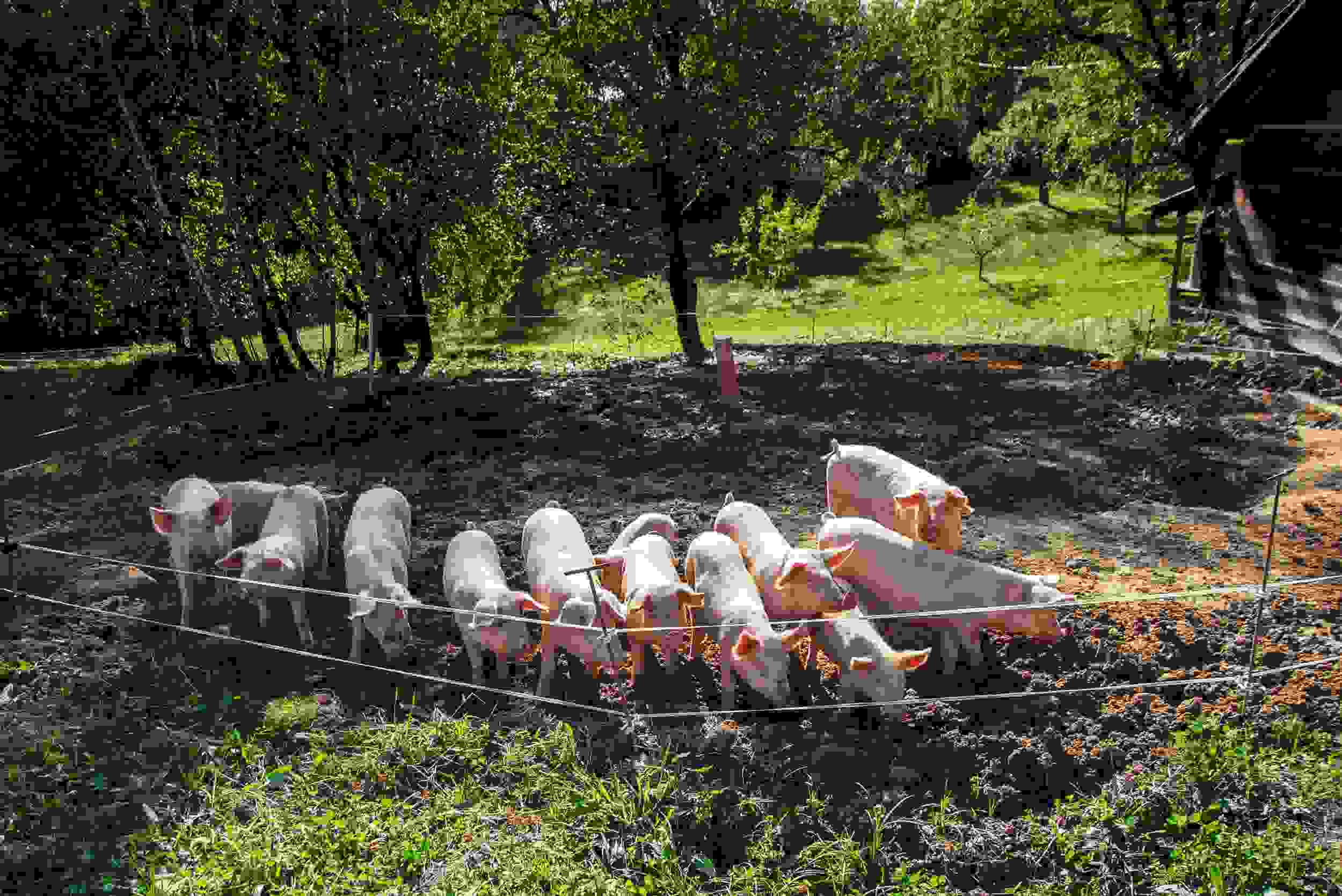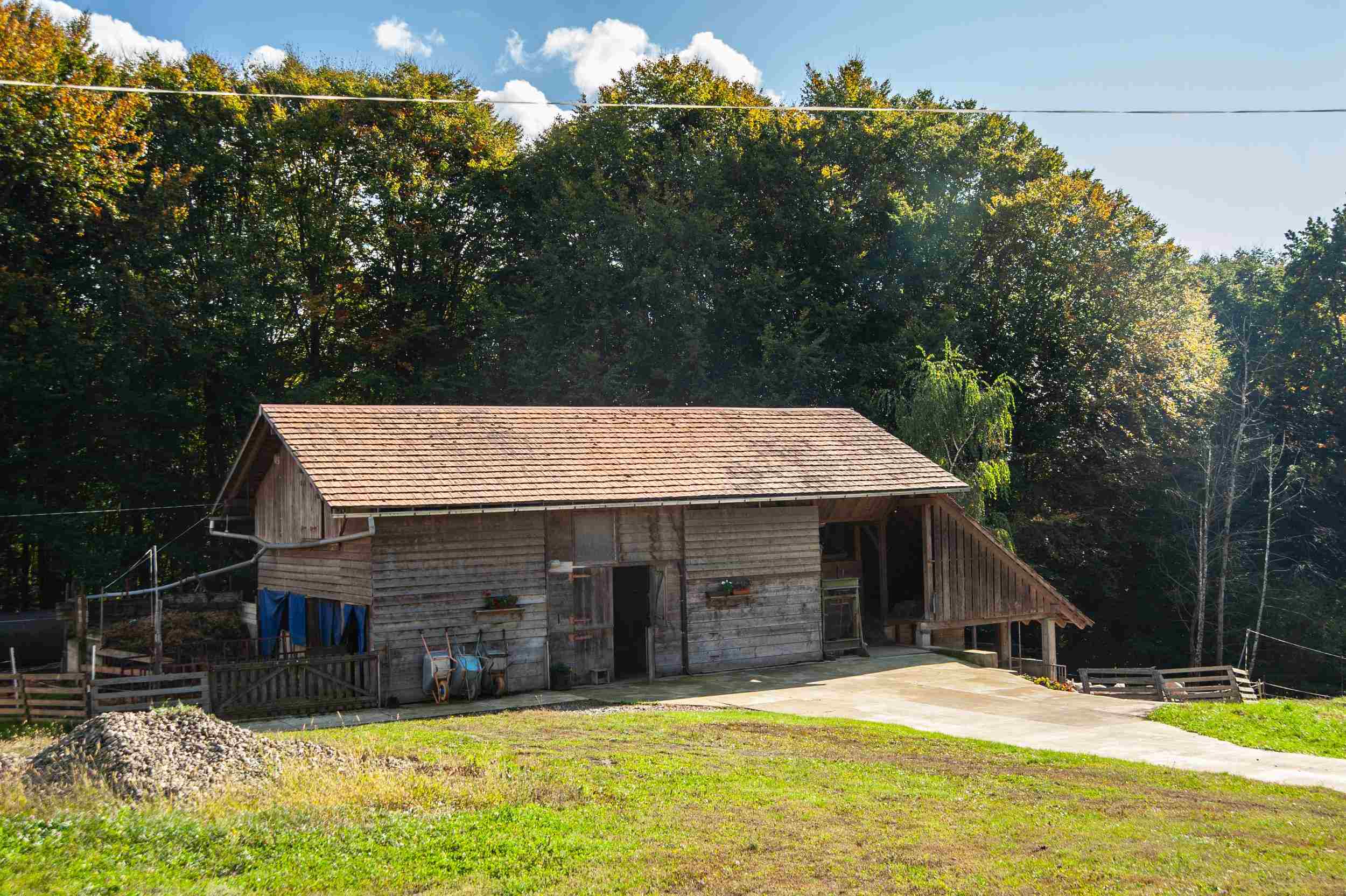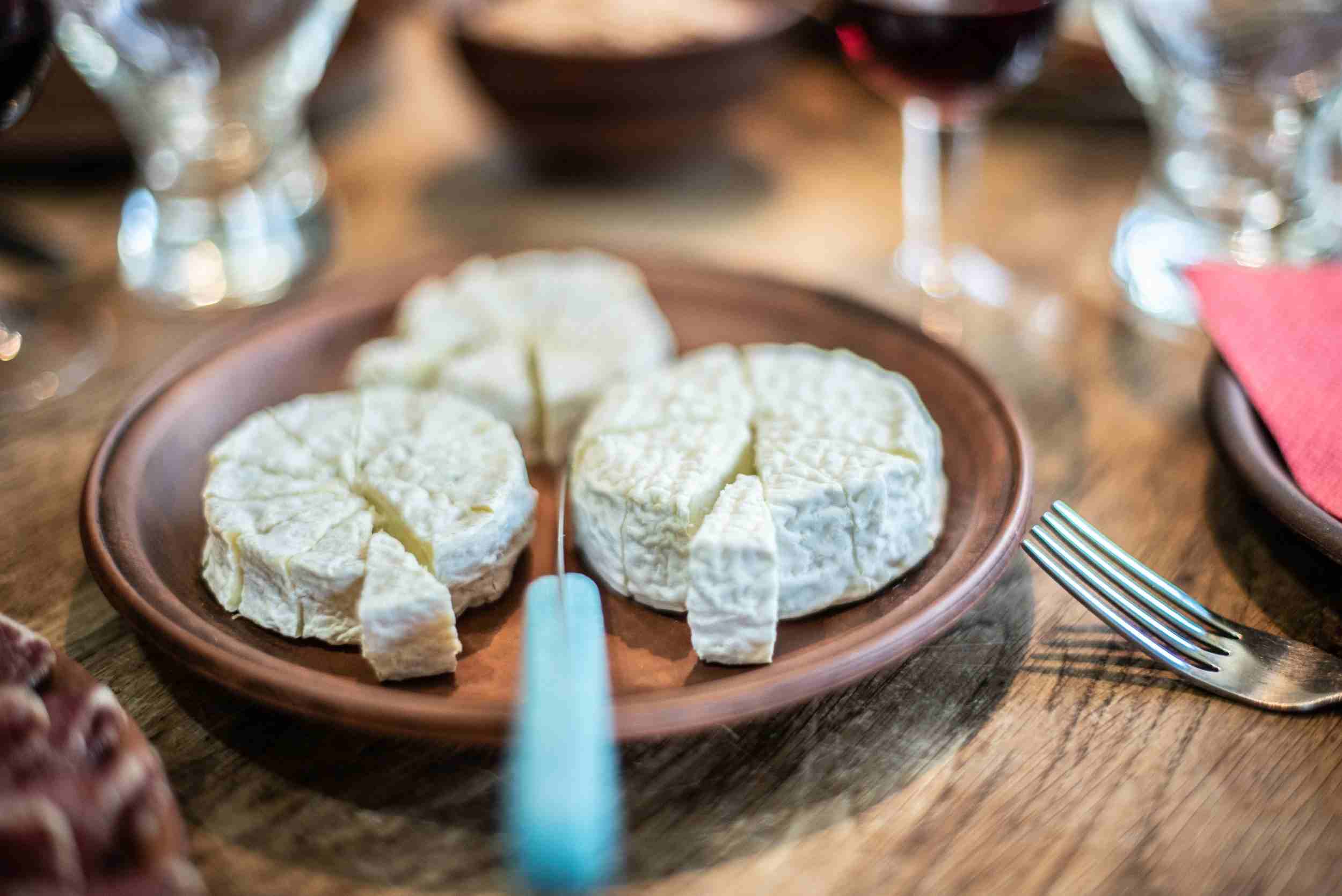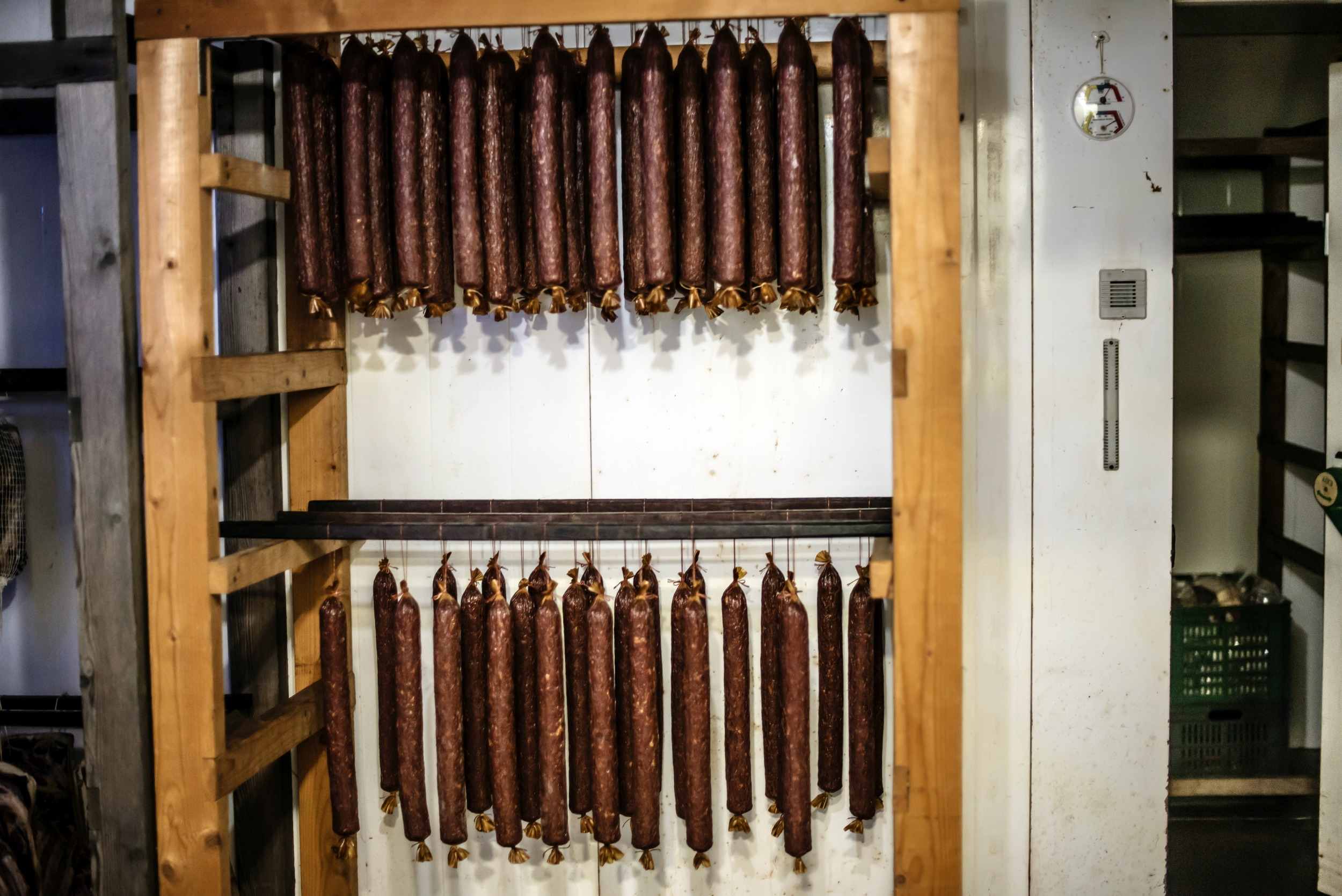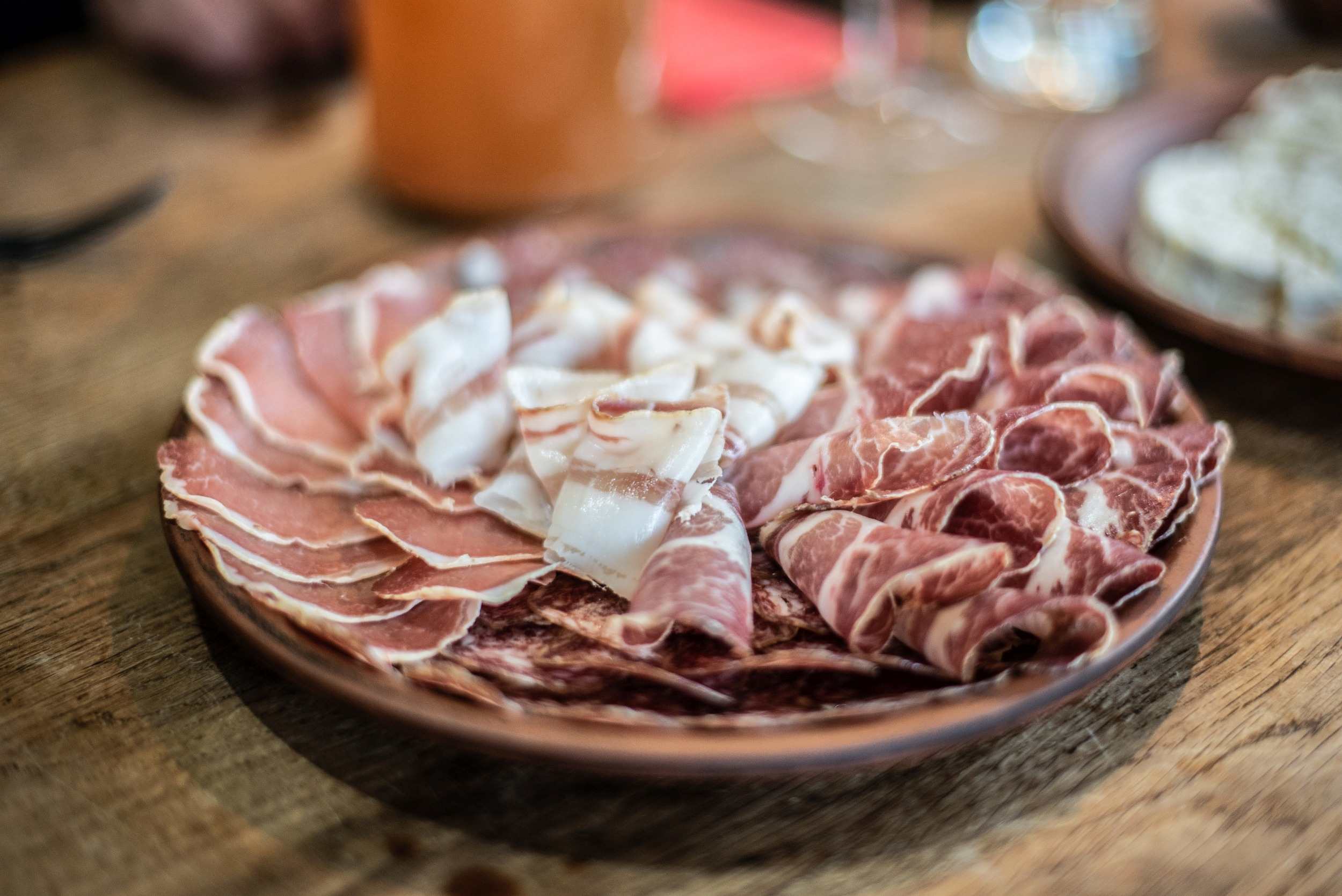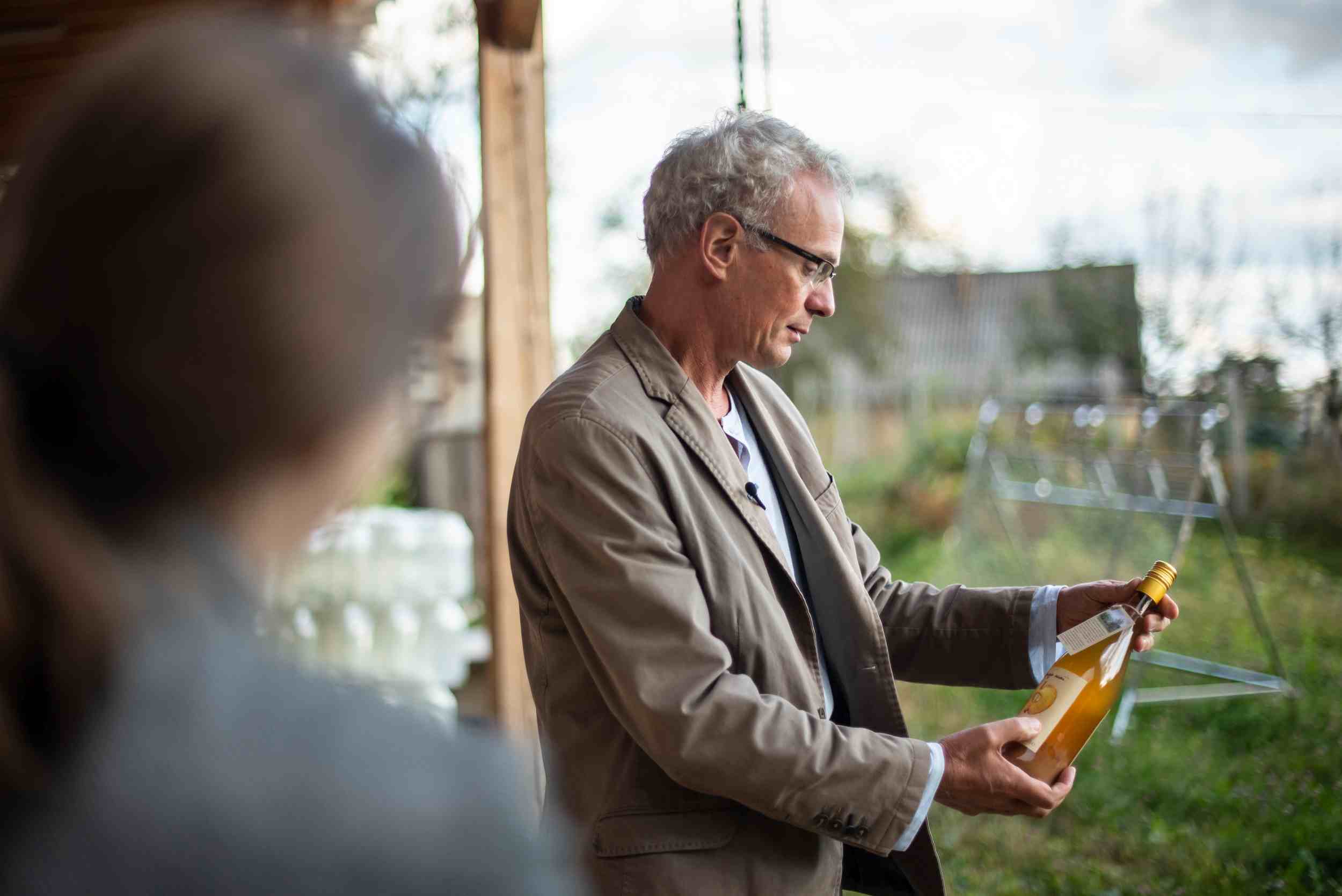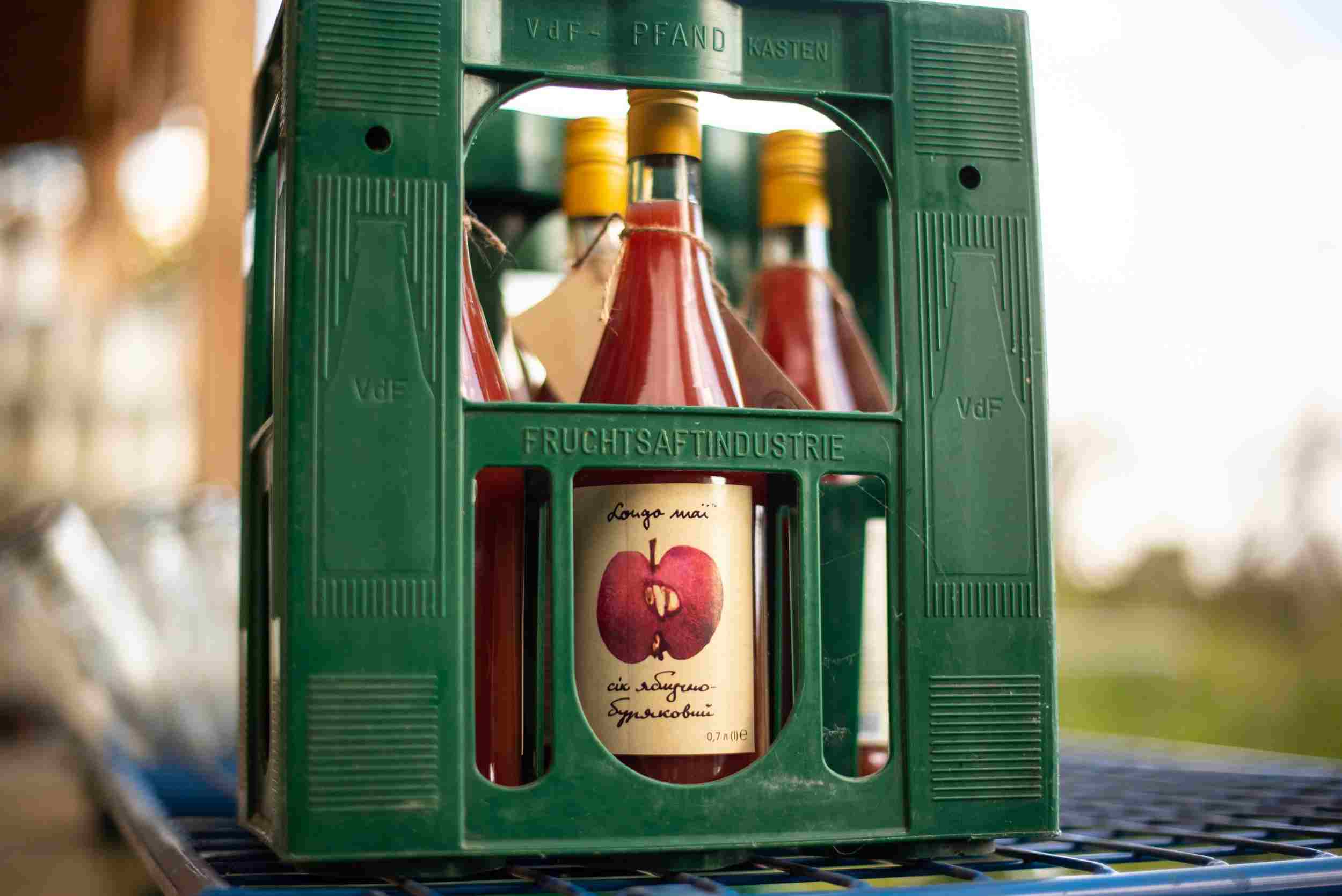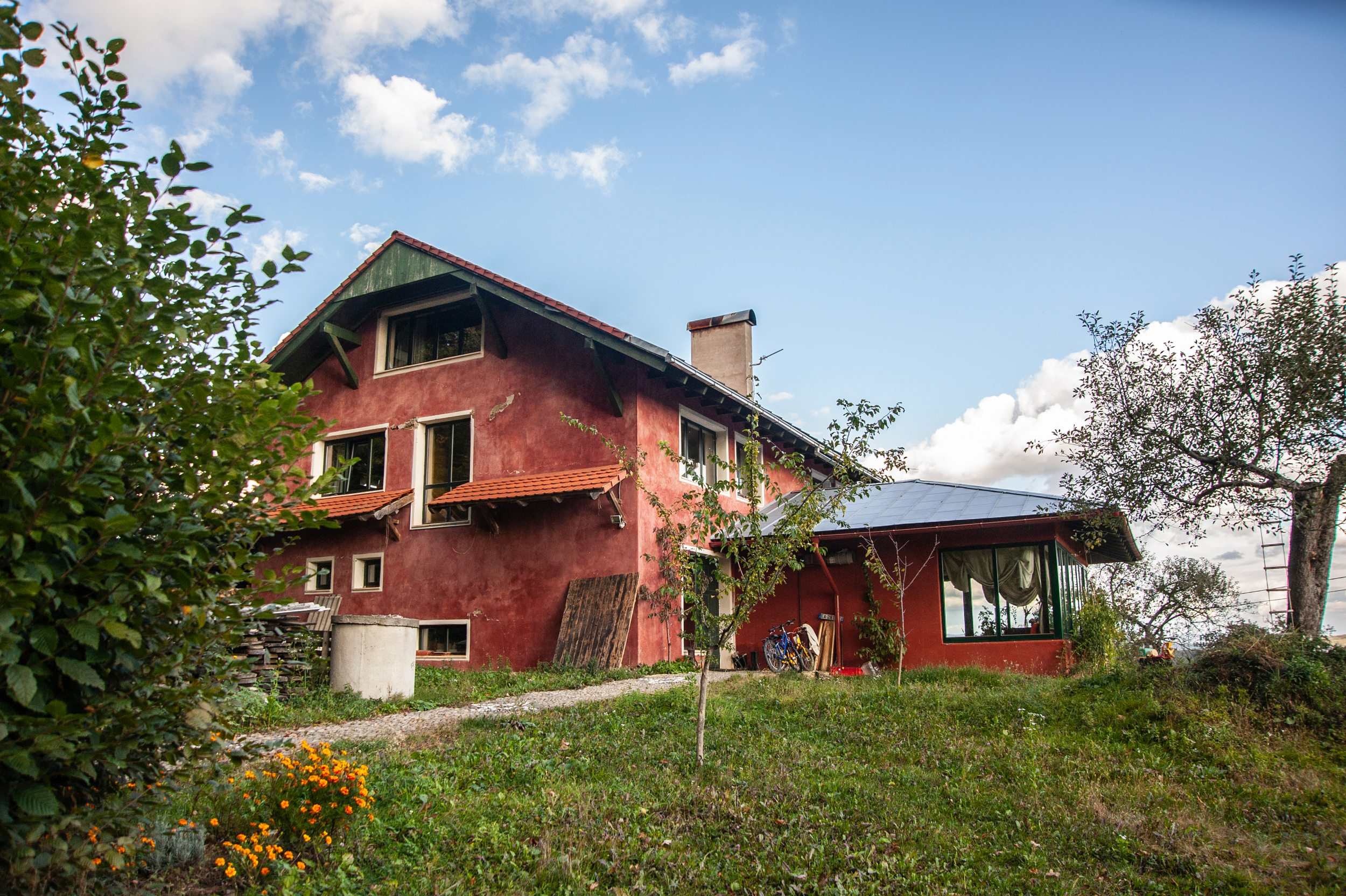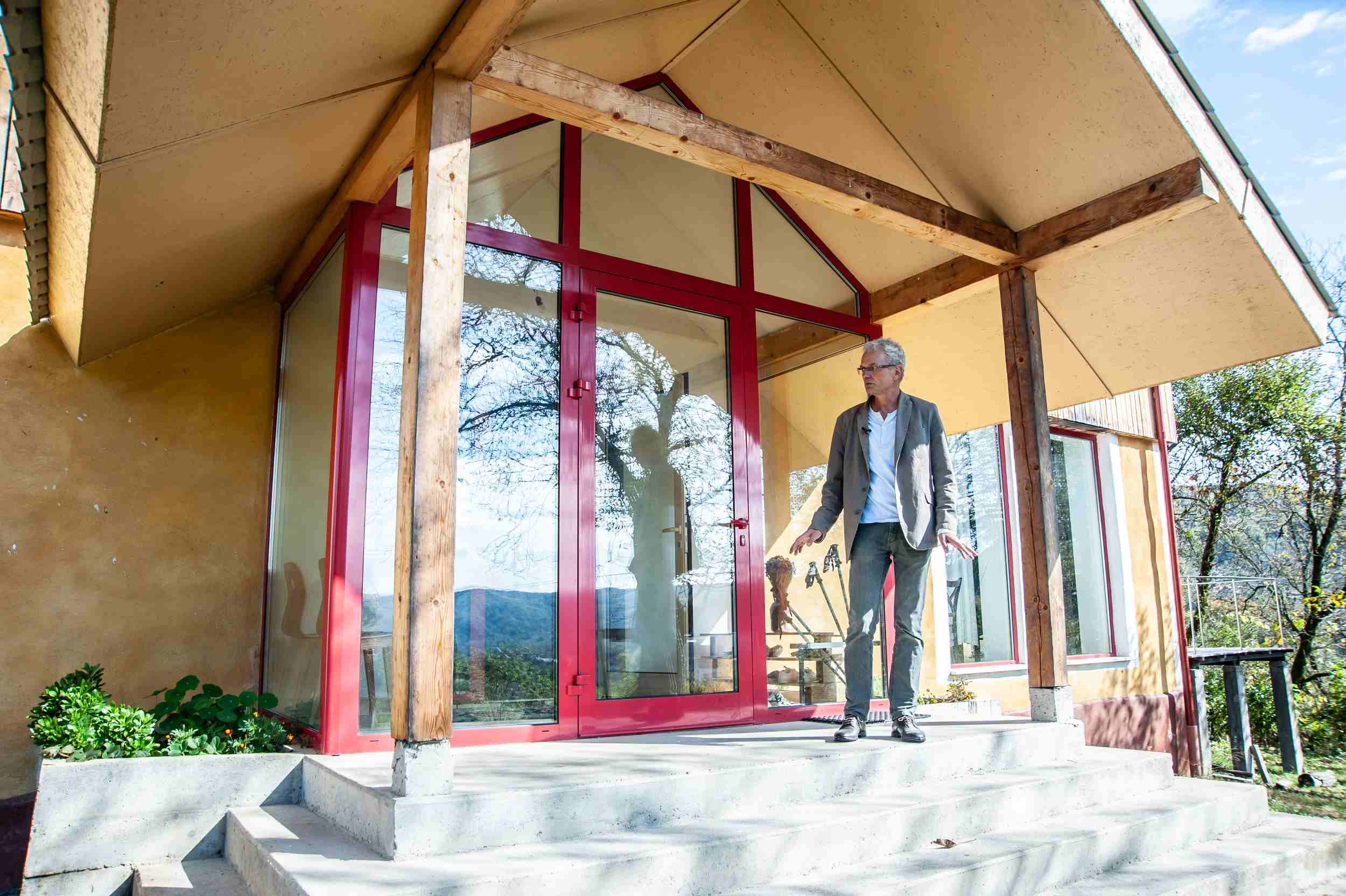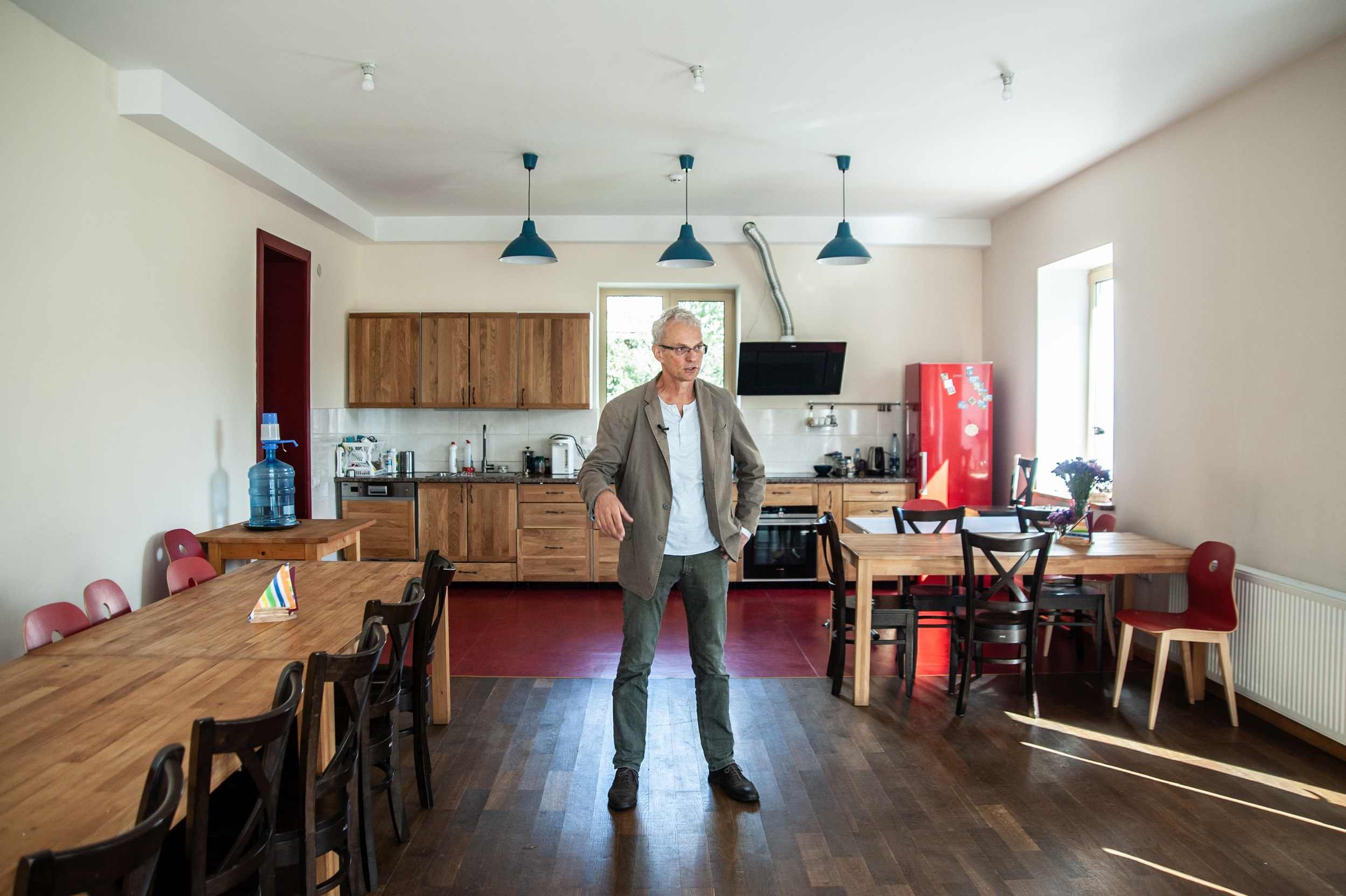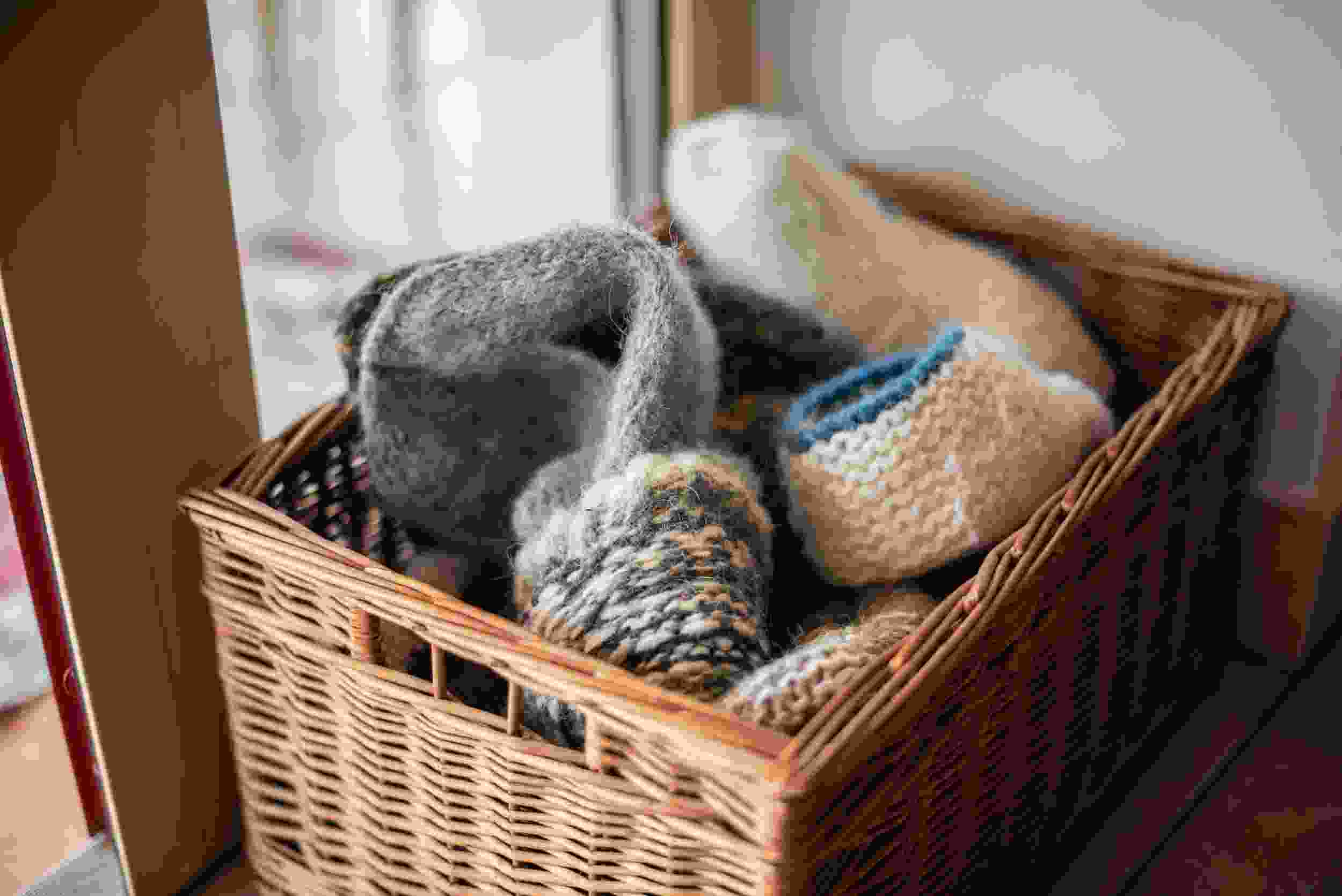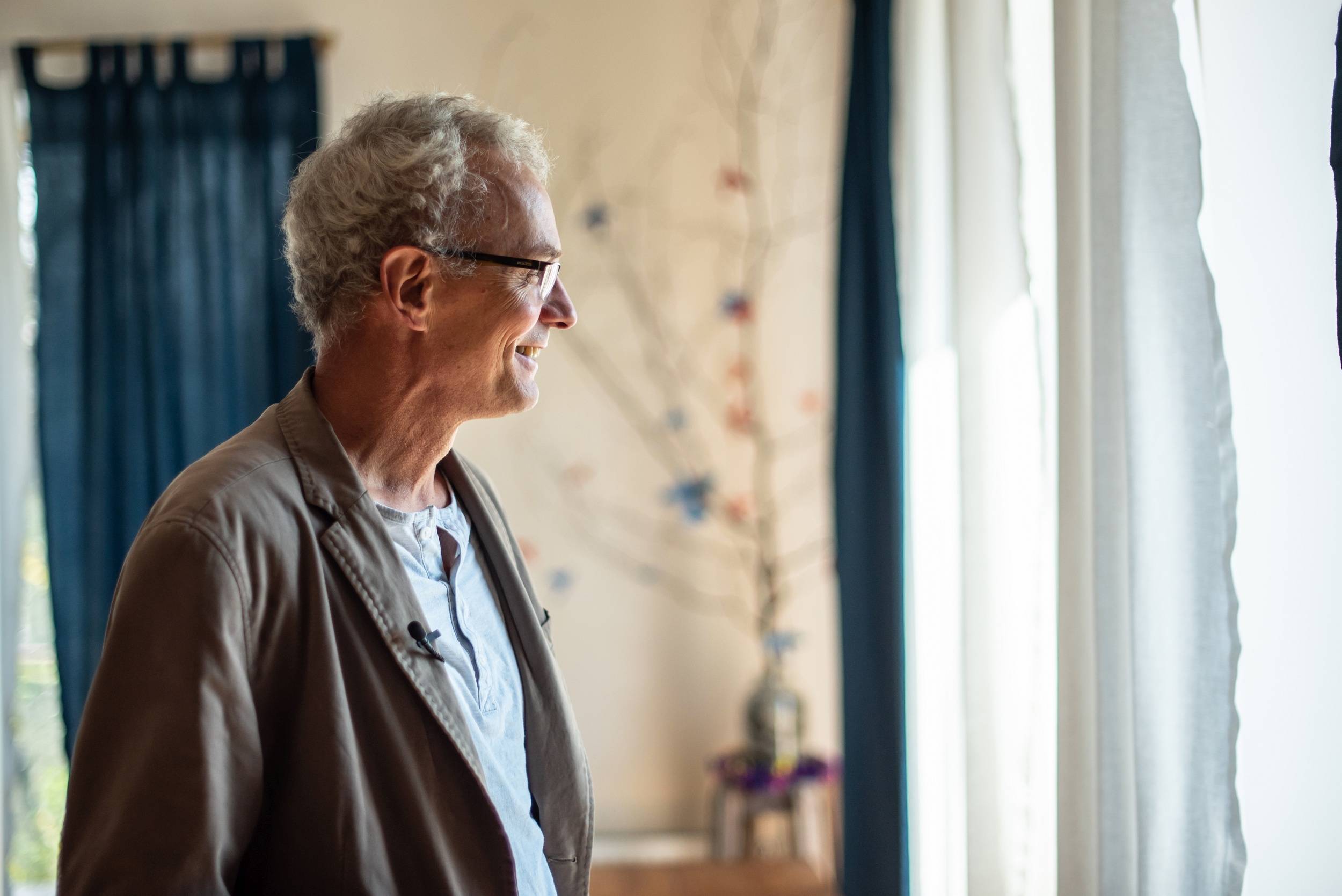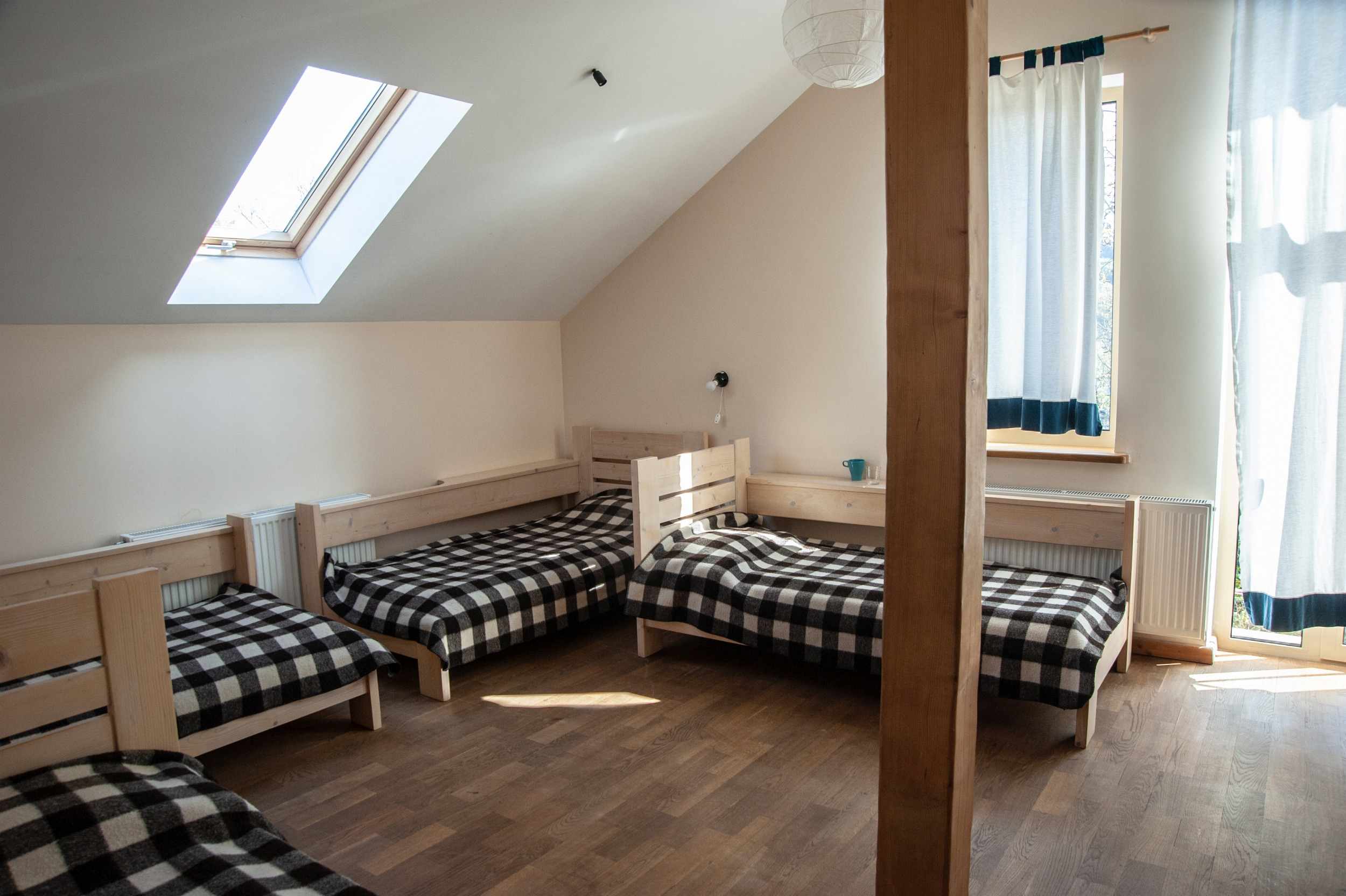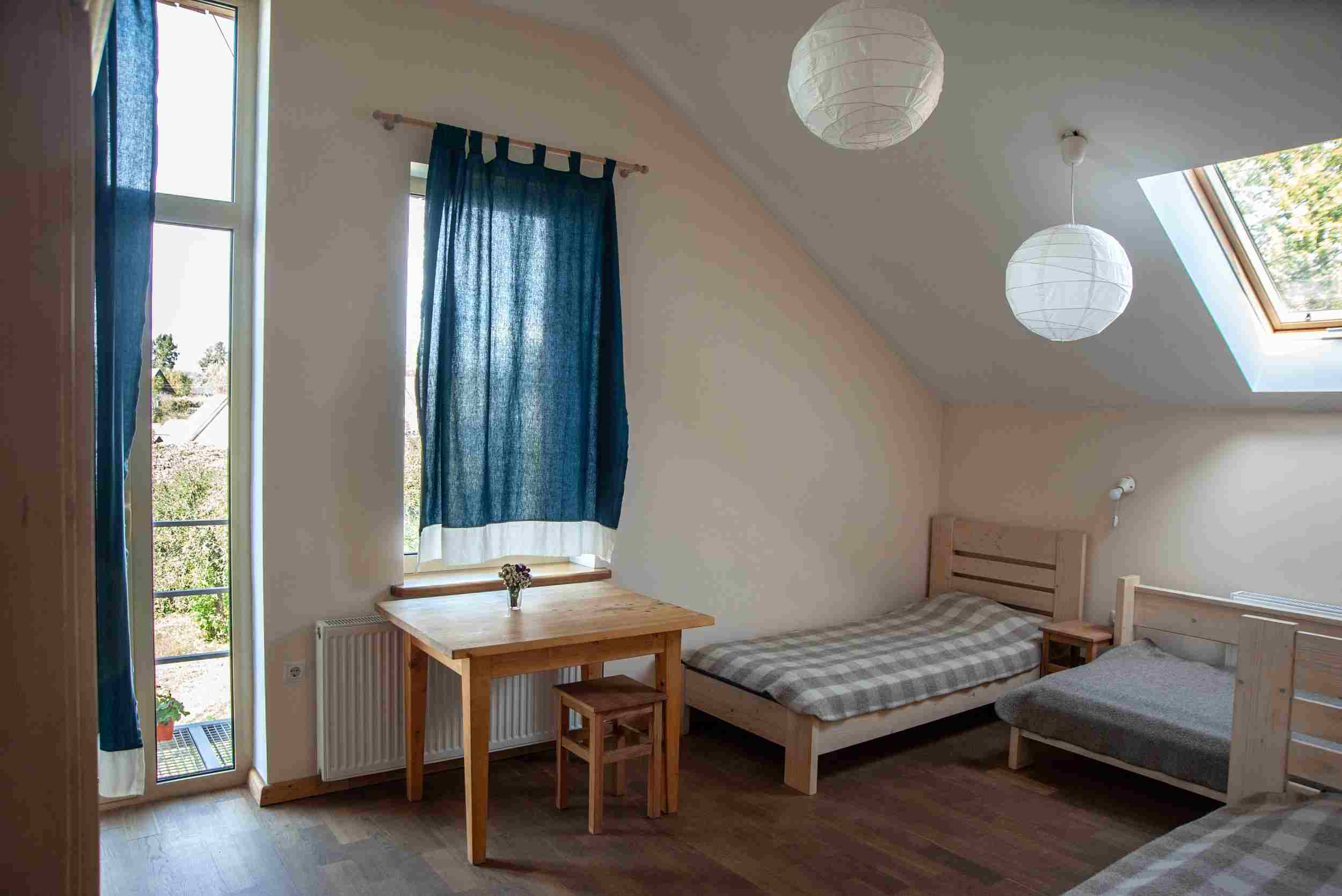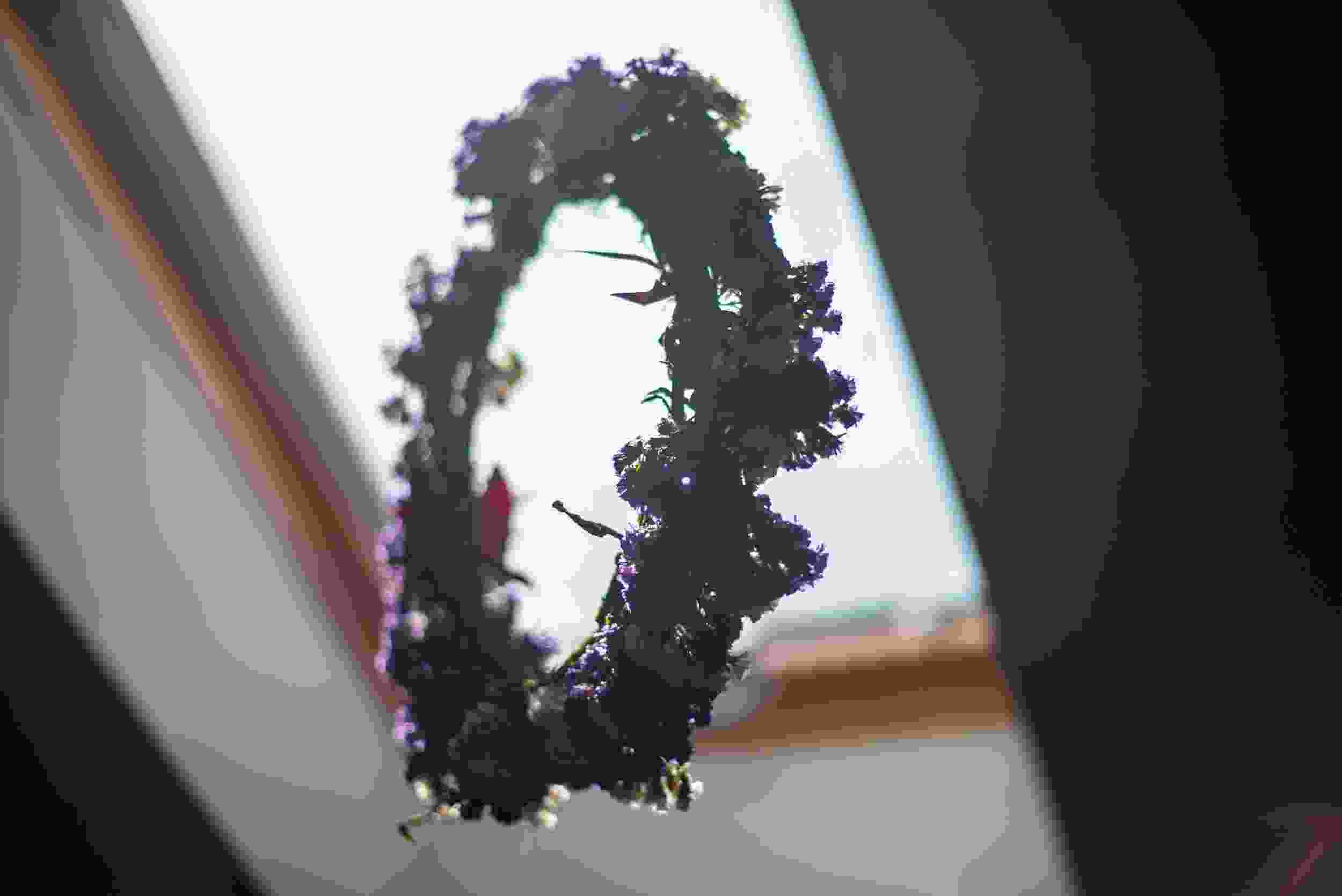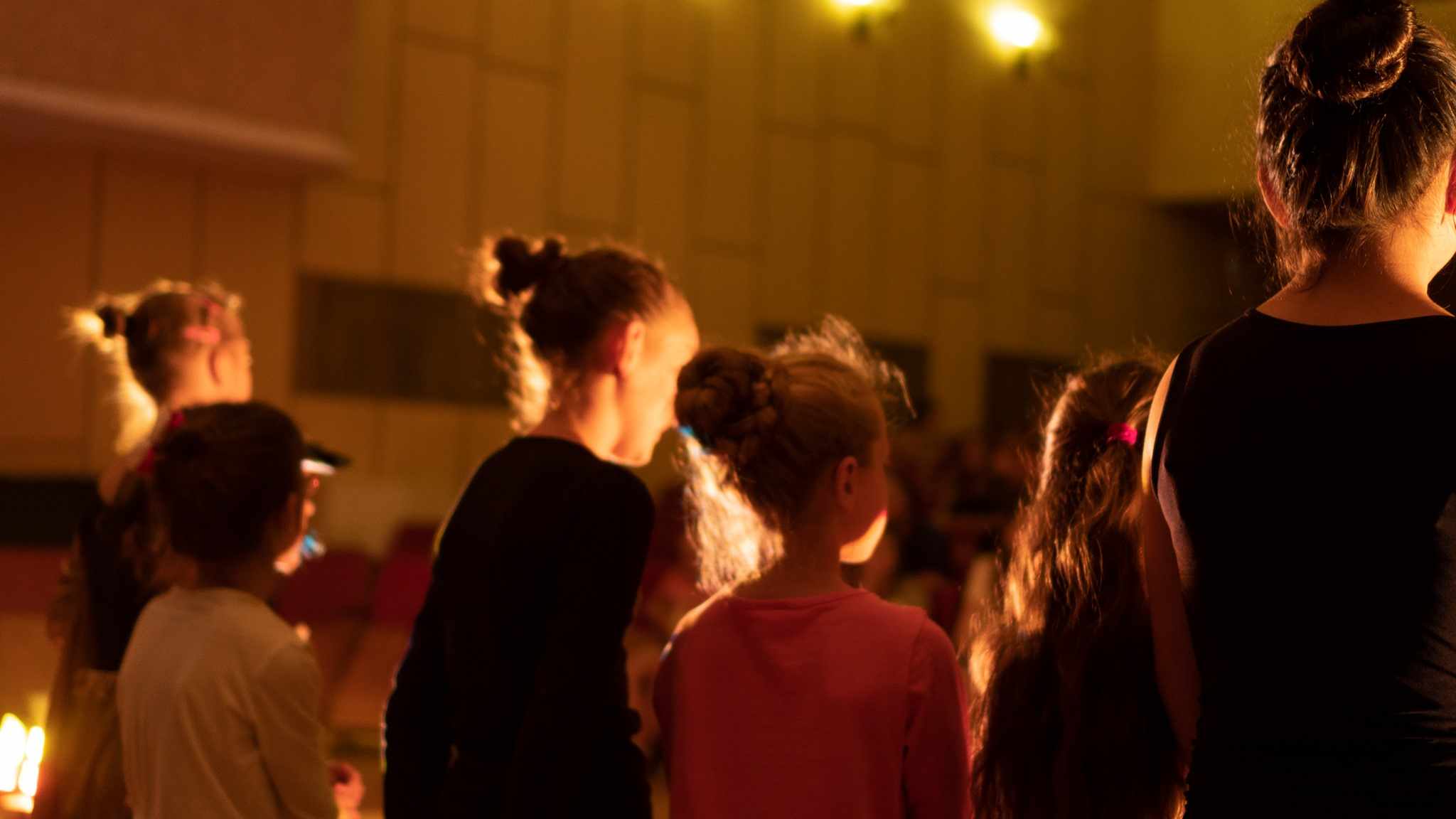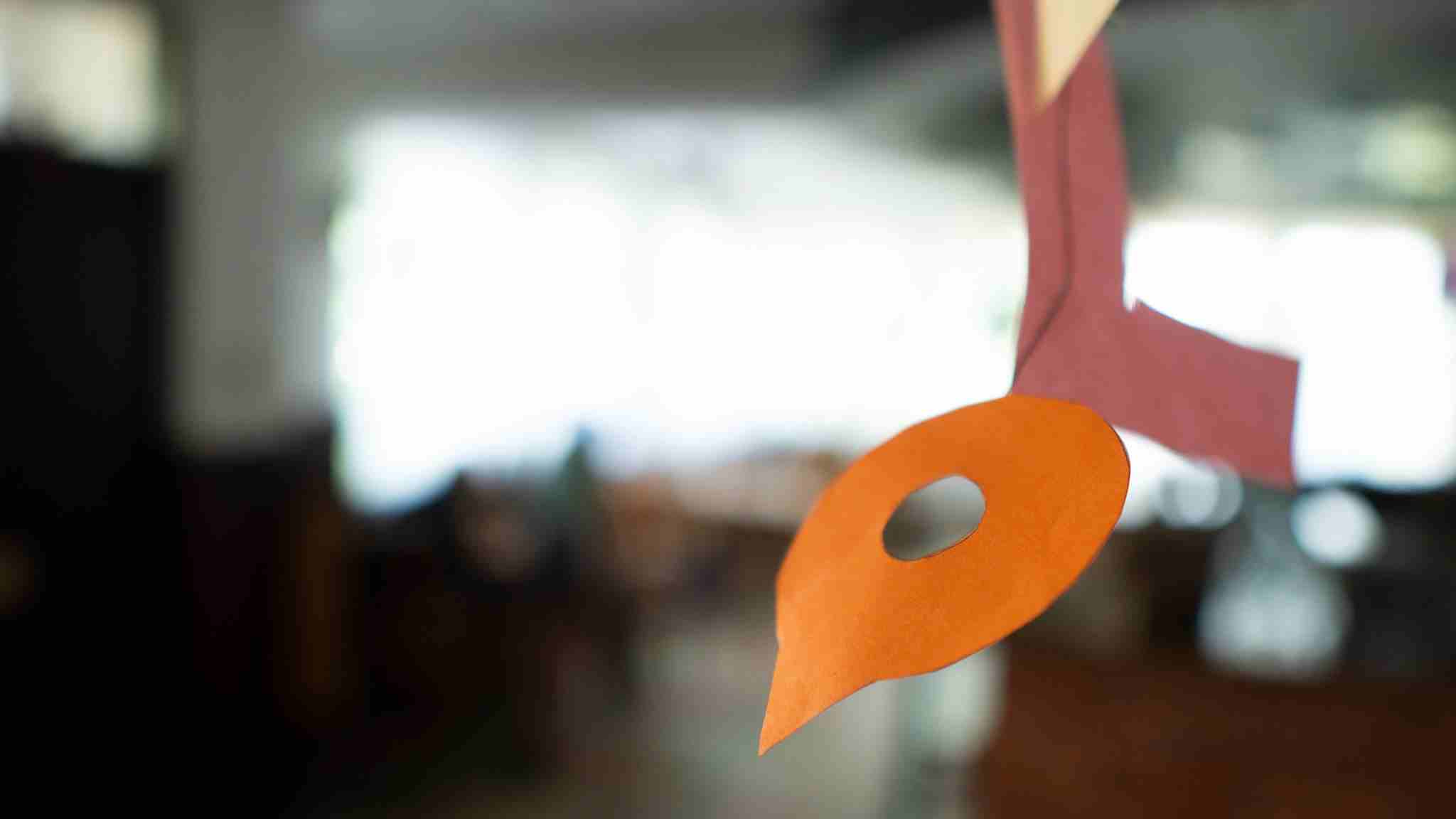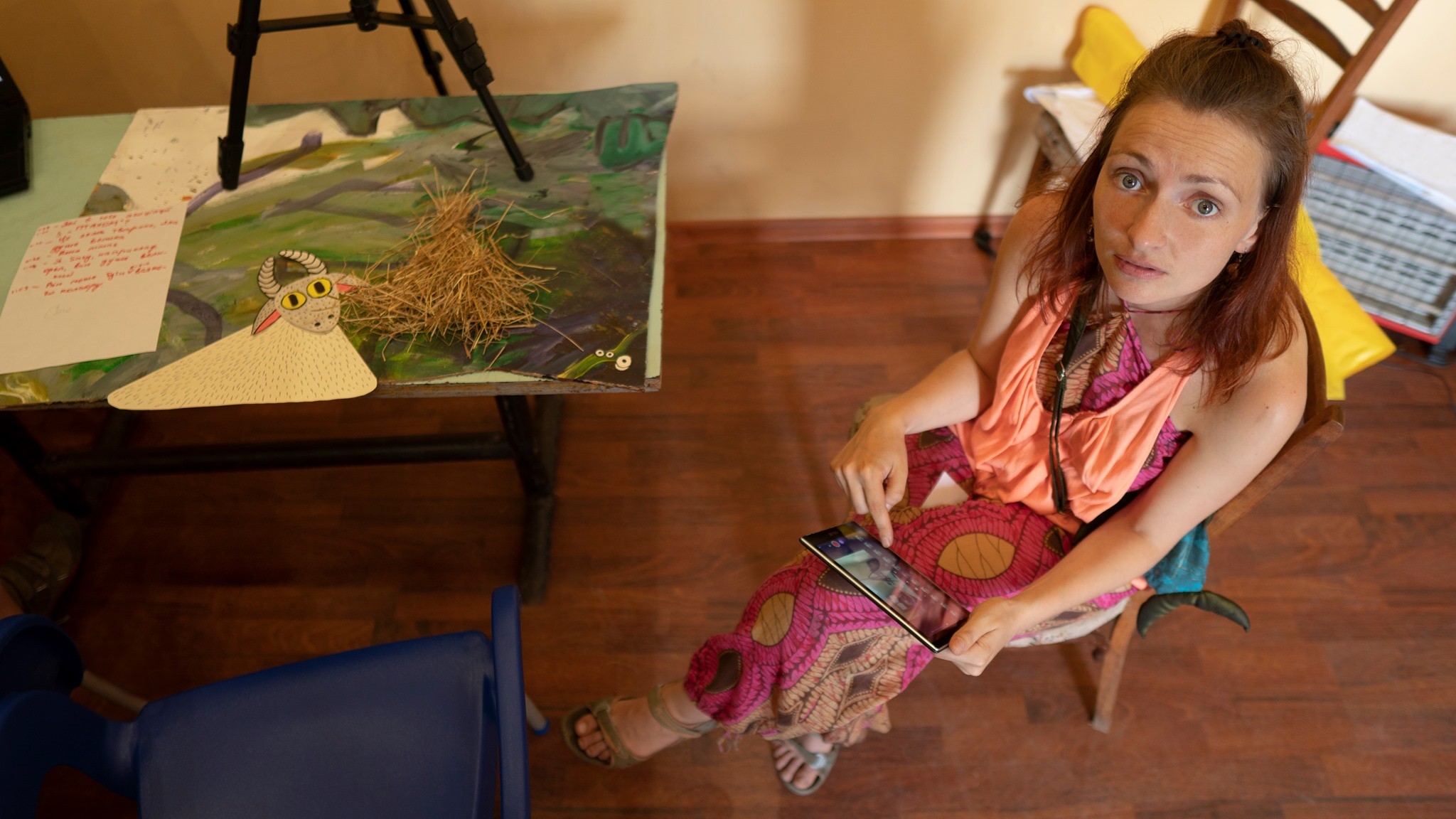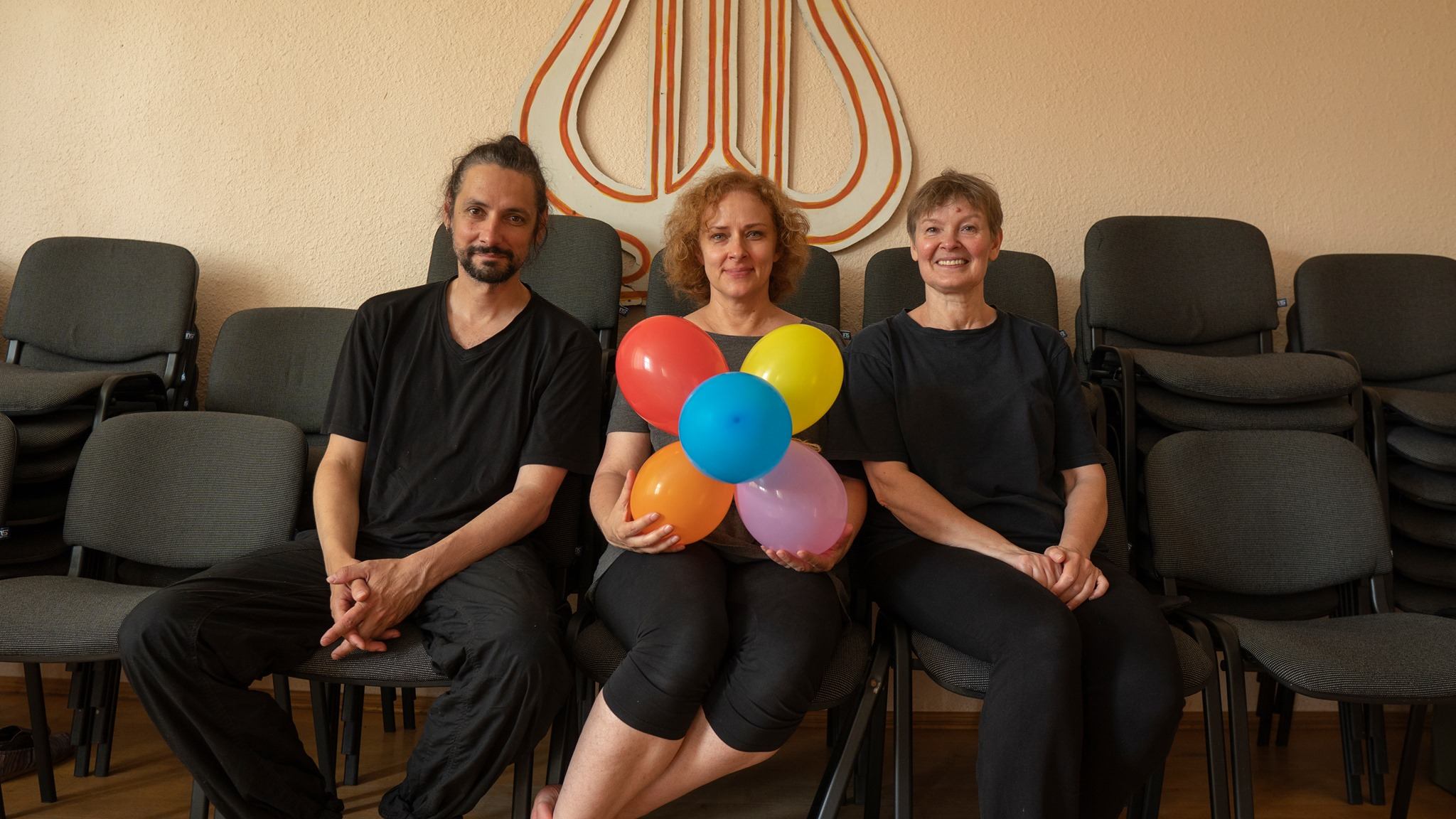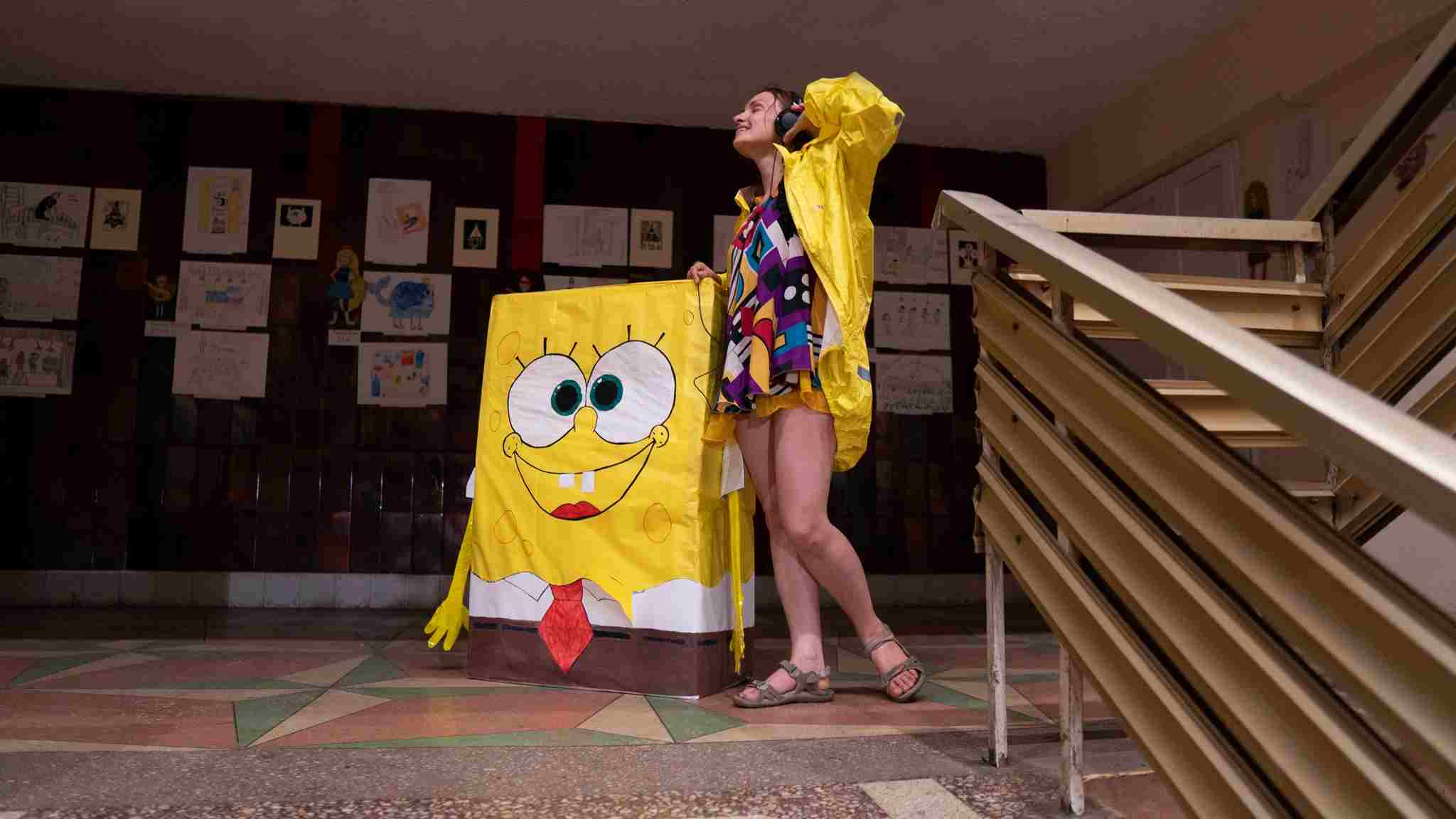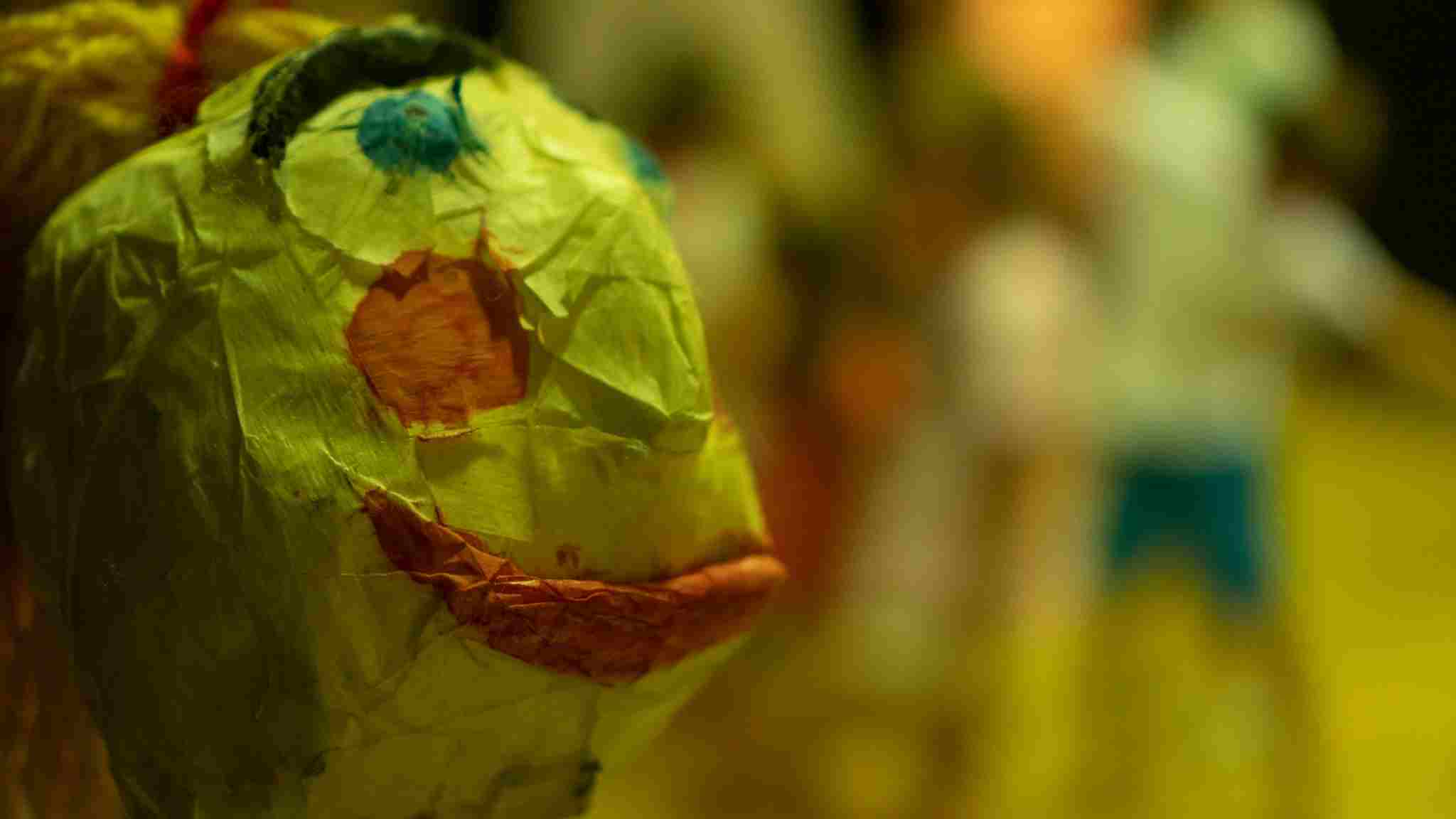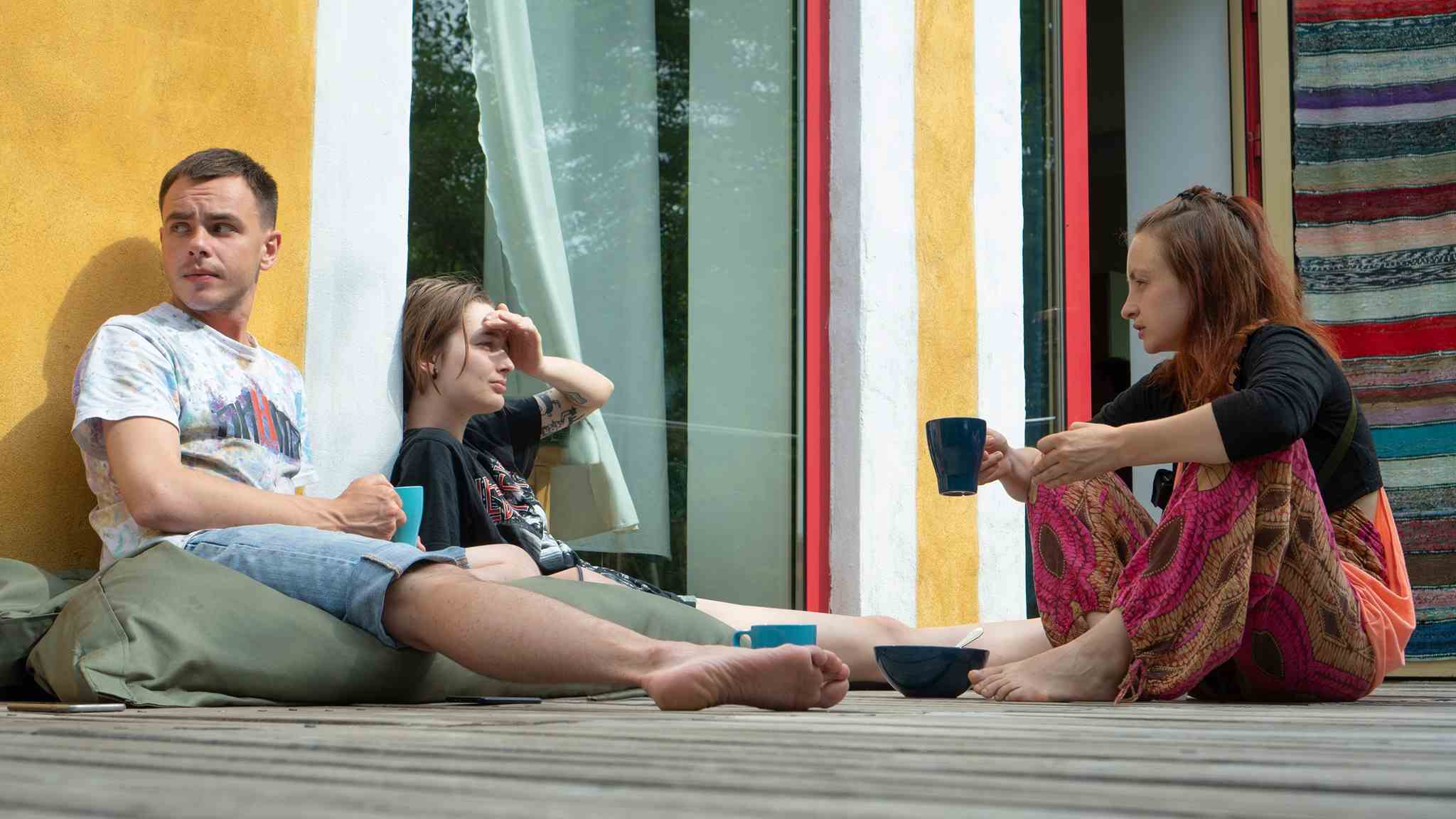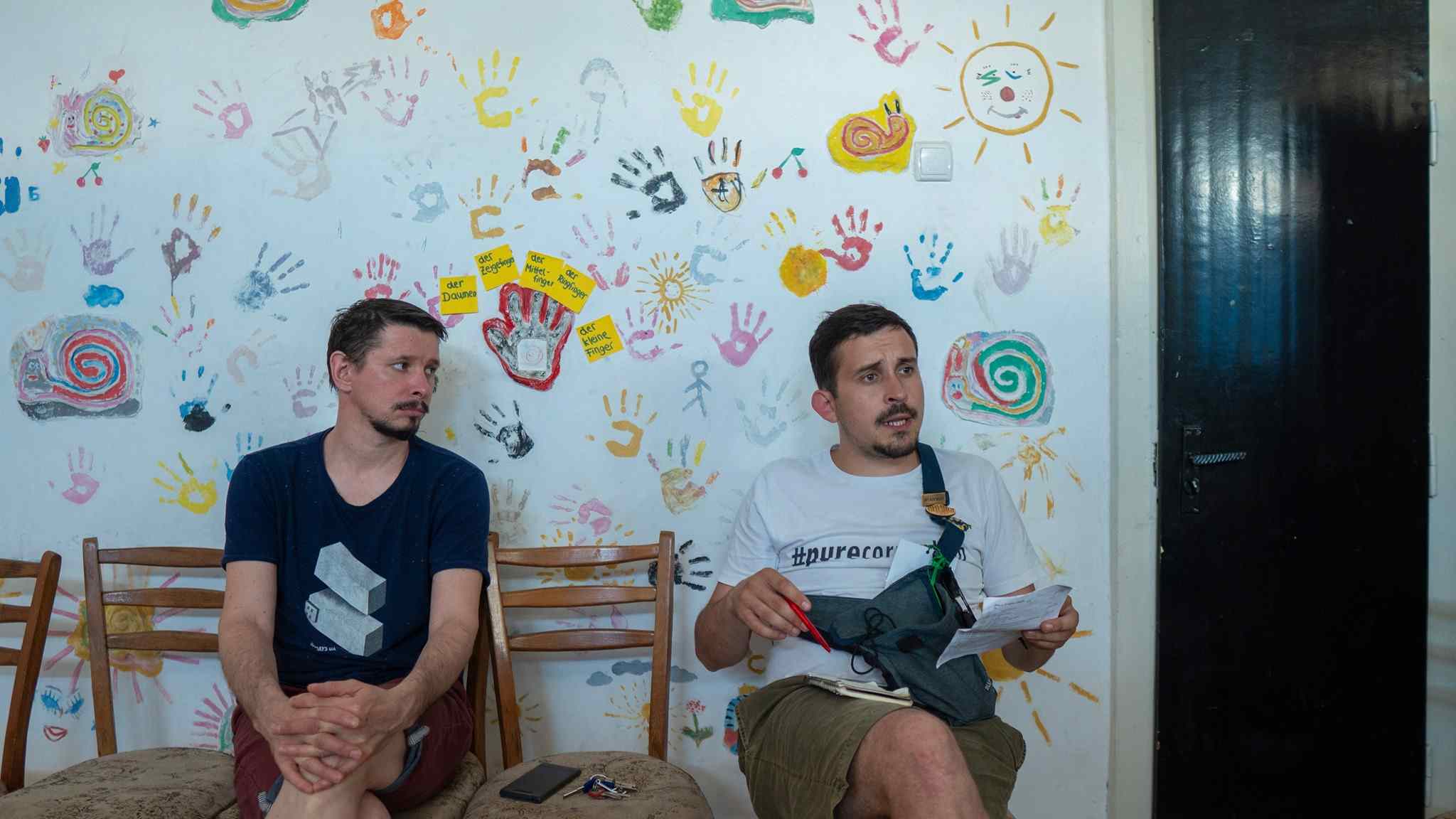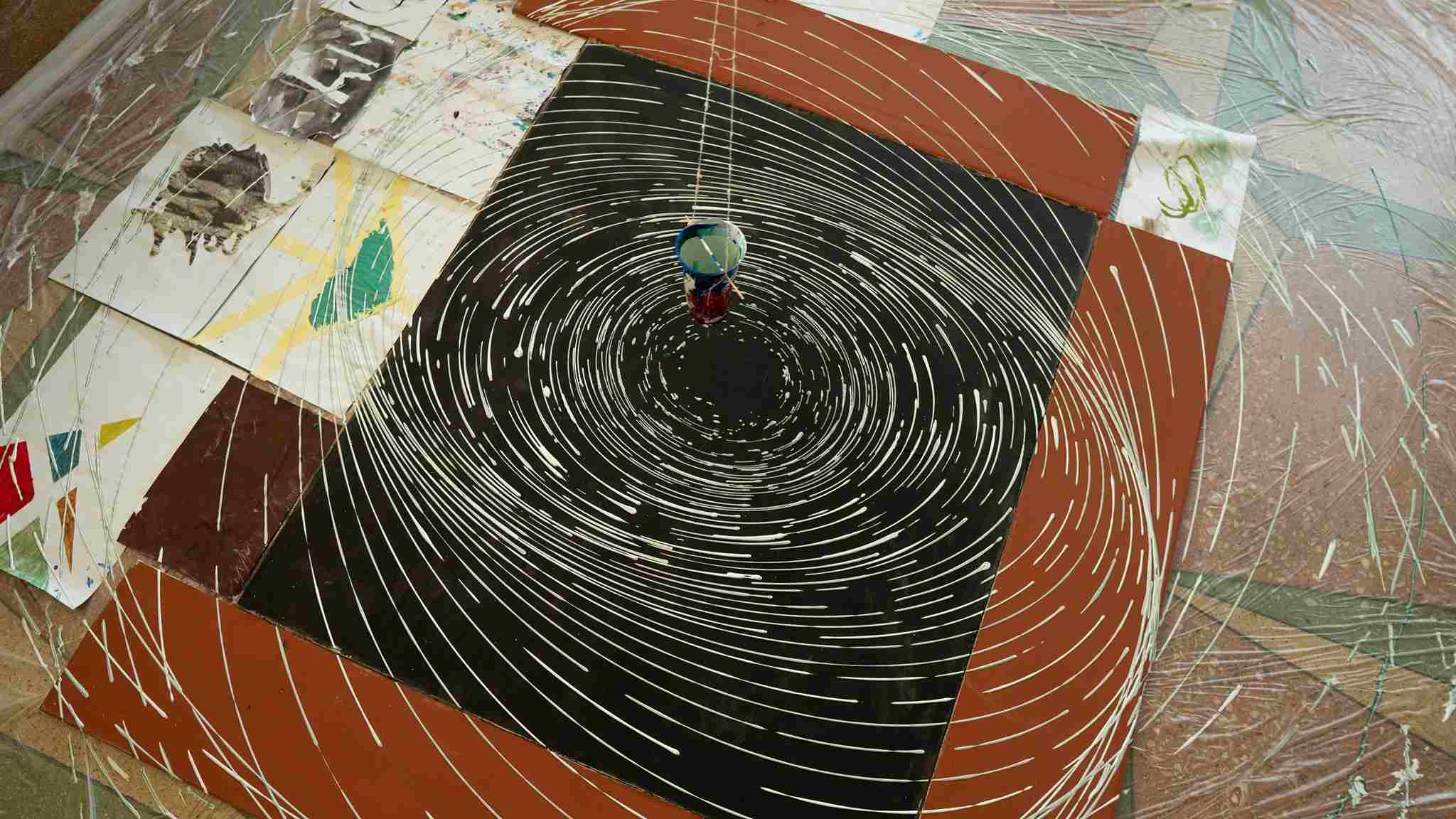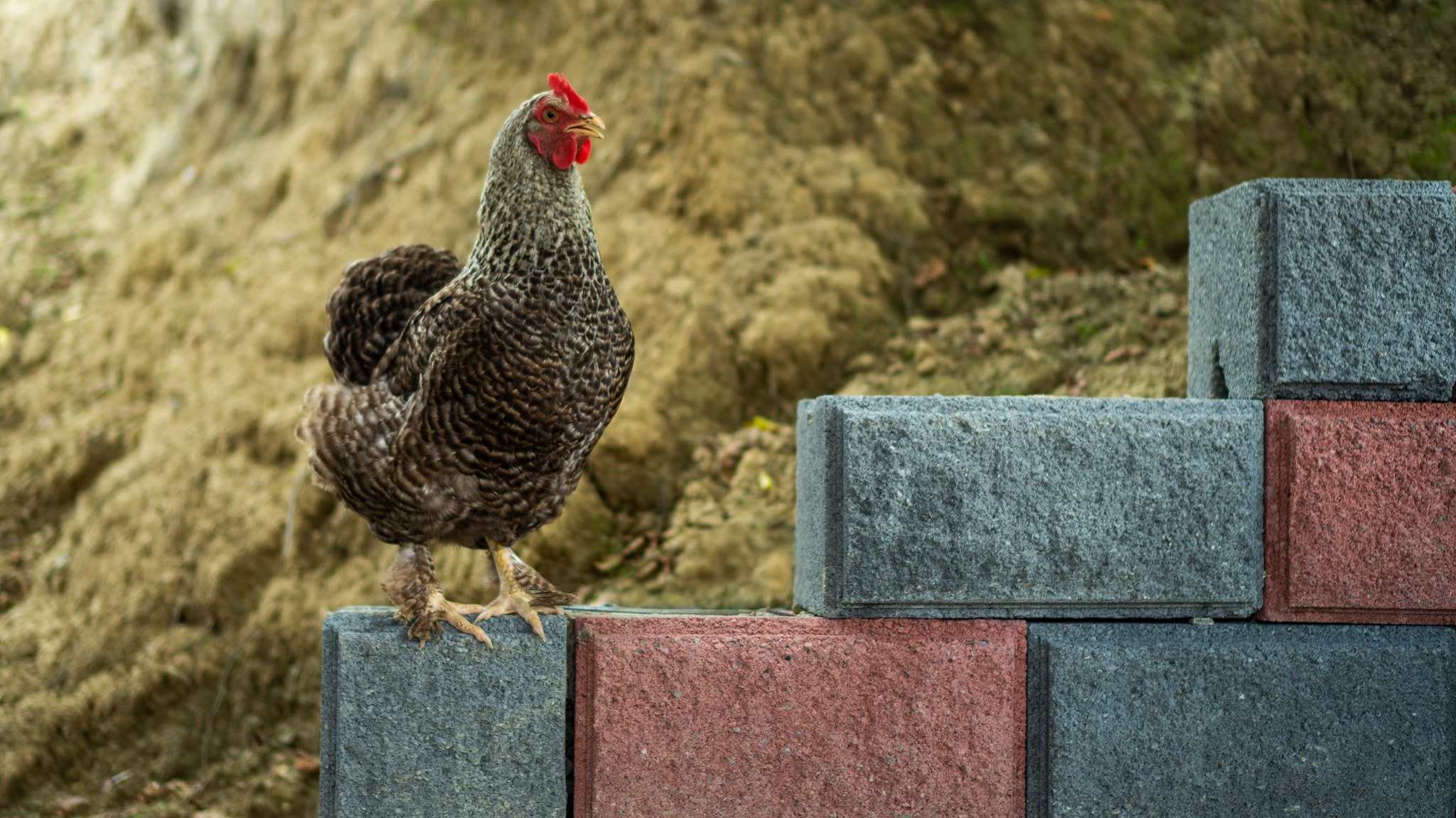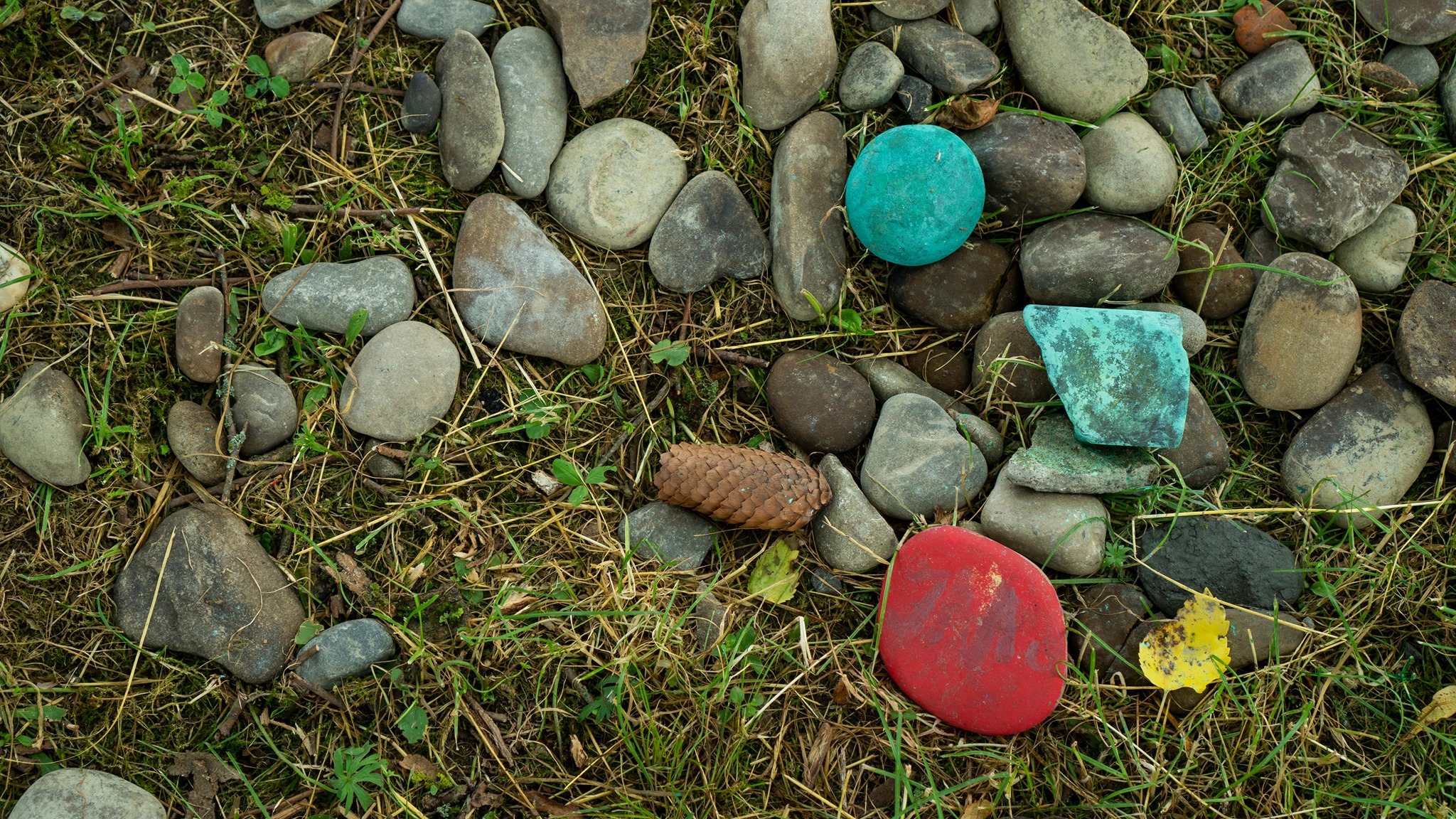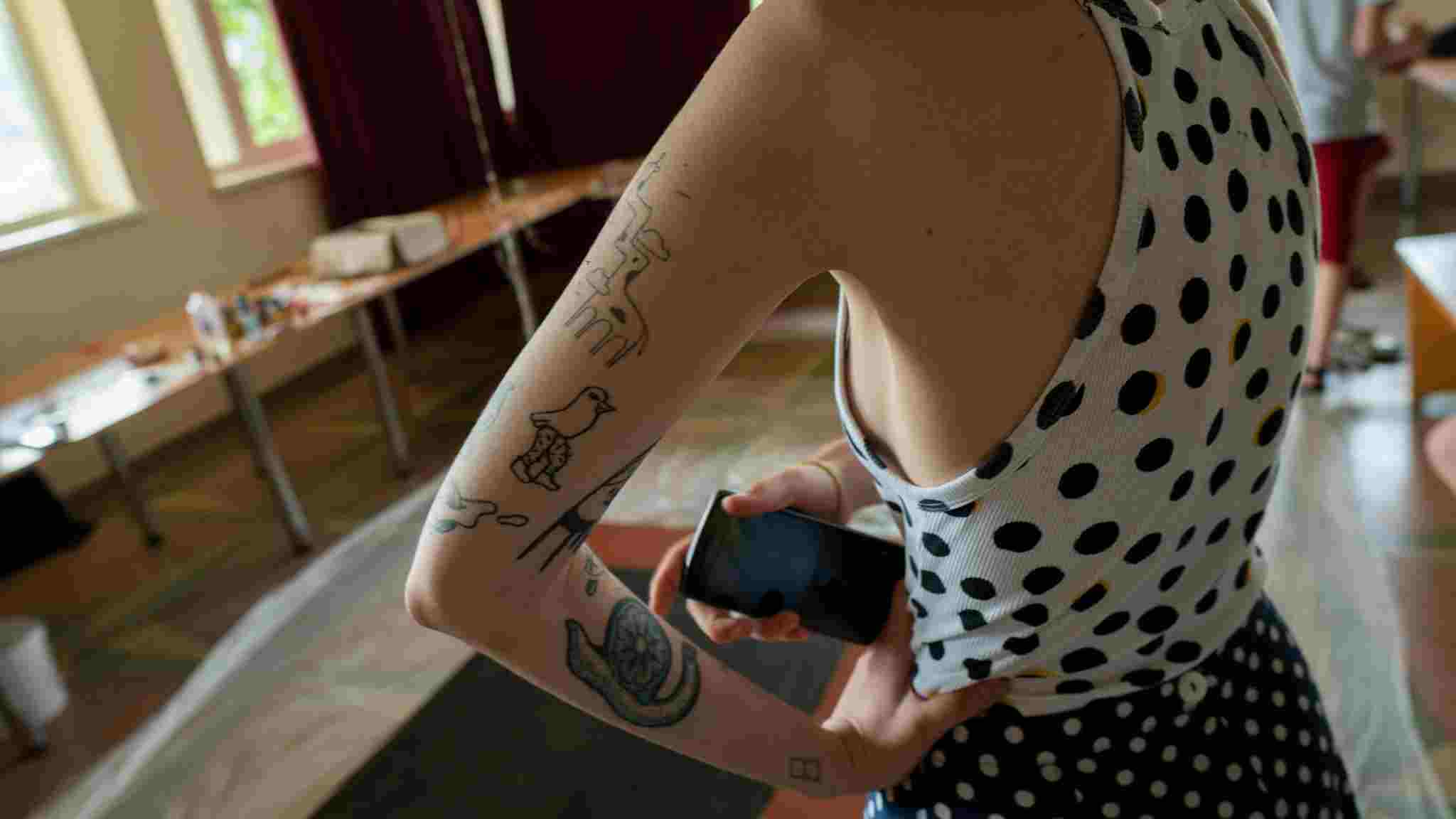It appears that you don’t need as much for that, just to have right people in your team.
Nyzhne Selyshche (“Lower Settlement”, if translated literally) seems to be a common village in Transcarpathia. Its population is a little more than 3K residents. But still there is something distinctive and outstanding about it, making it special. The area that they are used to call ‘depressive’ started to develop all of a sudden and its name can be heard not only throughout Transcarpathia but also throughout the whole of Ukraine. There are some reasons for that and in each the main thing is the people involved.
In this article we are going to tell on what a territory development means in practice, in the example of a common village. How to launch production to change the community life, be proactive in the social field, produce and ecological and true product and treat it as one’s own and in fact – for oneself; how to found a band touring all over the world, a modern theater for peasants and show that life in the province not only is for real – it is in full swing! If you really want it to.
Our characters are:
- Petro Pryhara – Director and founder of the Selyska Cheese Dairy.
- Inna Pryhara – a cheese-monger, an active public person, founder in the project “Traditional bryndza of Khust area”
- Orest del Sol – a farmer, founder in the household “Greenwood”
- Jurgen Kreftner – a musician, founder in the Hudaki Village Band music band, a public person
Economics. Production. Community development
When local people, together with the cooperative Longo Mai* founded the Selyska Cheese dairy, Inna Pryhara was only 1 year old. Today, she is a cheese-monger herself, having launched the project “Traditional bryndza of Khust land”, actively participates in the social life of the village and Transcarpathia. Inna is one of the few who came back to Nyzhne Selyshche after obtaining a higher education.
*Longo Mai is an international agricultural cooperative founded in France in 1973.
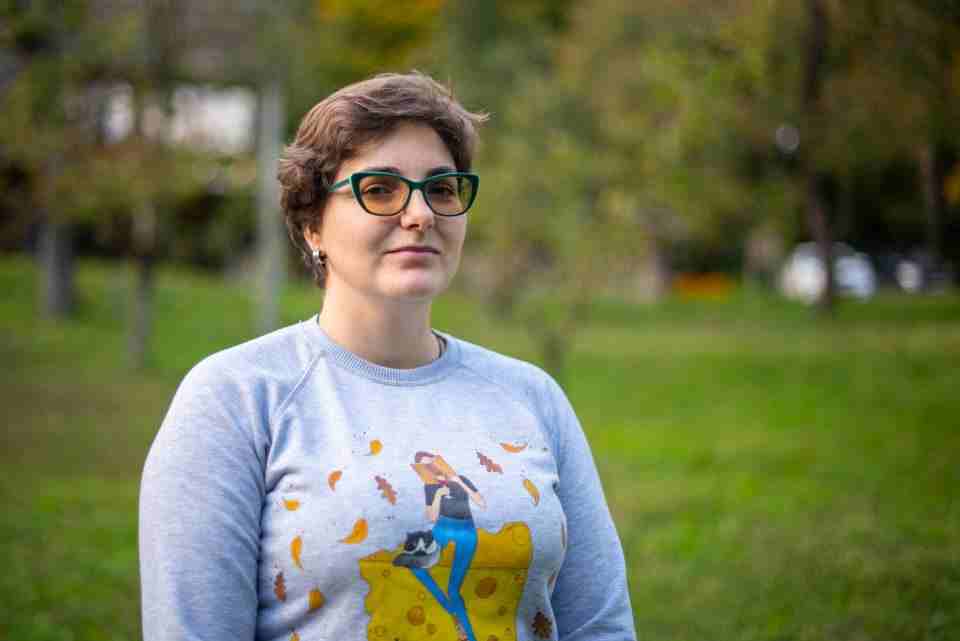
The Cheese Dairy as an idea appeared in the late 1994 – early 1995. Then, together with the cooperative Logo Mai, local people were thinking of launching a project out of authorities and big business. An exciting one, to give opportunities for economical development. We became an official enterprise back in 2002 – tells Inna Pryhara. – The cheese dairy works quite specifically. The main condition for obtaining the credit from the cooperative, with Orest del Sol as its representative, was to accept milk only from peasants keeping 1-2 cows for their own needs. We don’t work with large farming enterprises.
Apart from her job in the cheese dairy, the girl is also the founder in the project “The traditional bryndza of Khust land”. She launched it to improve this branch of industry. And to be absolutely honest – to save it. The shepherd’s job is not attractive for the young ones. True, the Association, established a few years ago, enrolls some young boys. As for the results of the shepherds’ mutual working, the production is now ramped up, two times as effective as compared to the first year.
– The first thing that we did was to persuade the shepherds’ leader that the union was indeed necessary. This was what helped us unite people and negotiate on mutual planning. Today it seems to me that the shepherds simply laid their trust in us, though they don’t understand all the processes clearly. But I always do my best to explain everything to them and cooperate as outright as possible, Inna says.
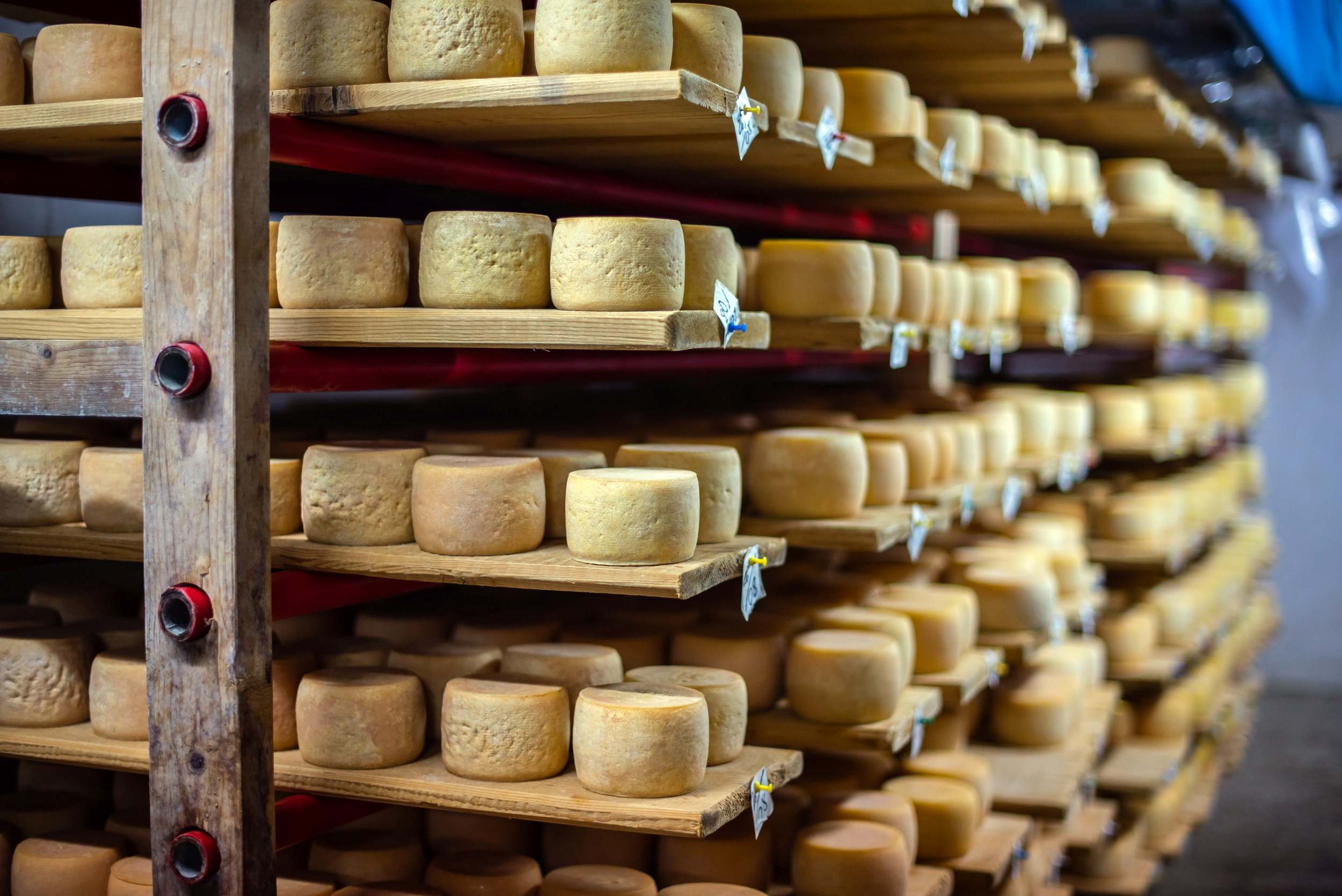
Only real shepherds having a herd may join the Association, no businessmen. Apart from developing the industry, Inna says it is most important to preserve the mountains and their state. For it is due to the sheep that the polonynas (Transcarpathian alpine meadows) in a more or less decent state and prevent them from overgrowing.
The products are most of all presented in Kyiv, Lviv and Odesa. The ambition is to show Ukrainians what the real Transcarpathian bryndza is and that it is not those briquettes they have been buying so far in supermarkets. For it is a totally different authentic product, both by its taste and by its values.
– People living in the countryside have to be persuaded. I first ran into the fact when I started working with shepherds, – tells the public activist. – It may look you’re sprouting wings for them but still you have to make them realize they really need it, they can do it, it’s all possible, that they should invest their time and money into it. There are lots of possibilities, and it all depends on what the people are willing to do, who is active from the young ones, what projects they’re planning and what team they will gather around them. I think everything is possible. You only have to set targets and move towards them every day.
Inna’s got a global idea for Nyzhne Selyshche: to design a sewerage system and treatment facilities for the whole village. But this is a most time-consuming task, both physically and emotionally, for you have to arrange things with each resident personally.
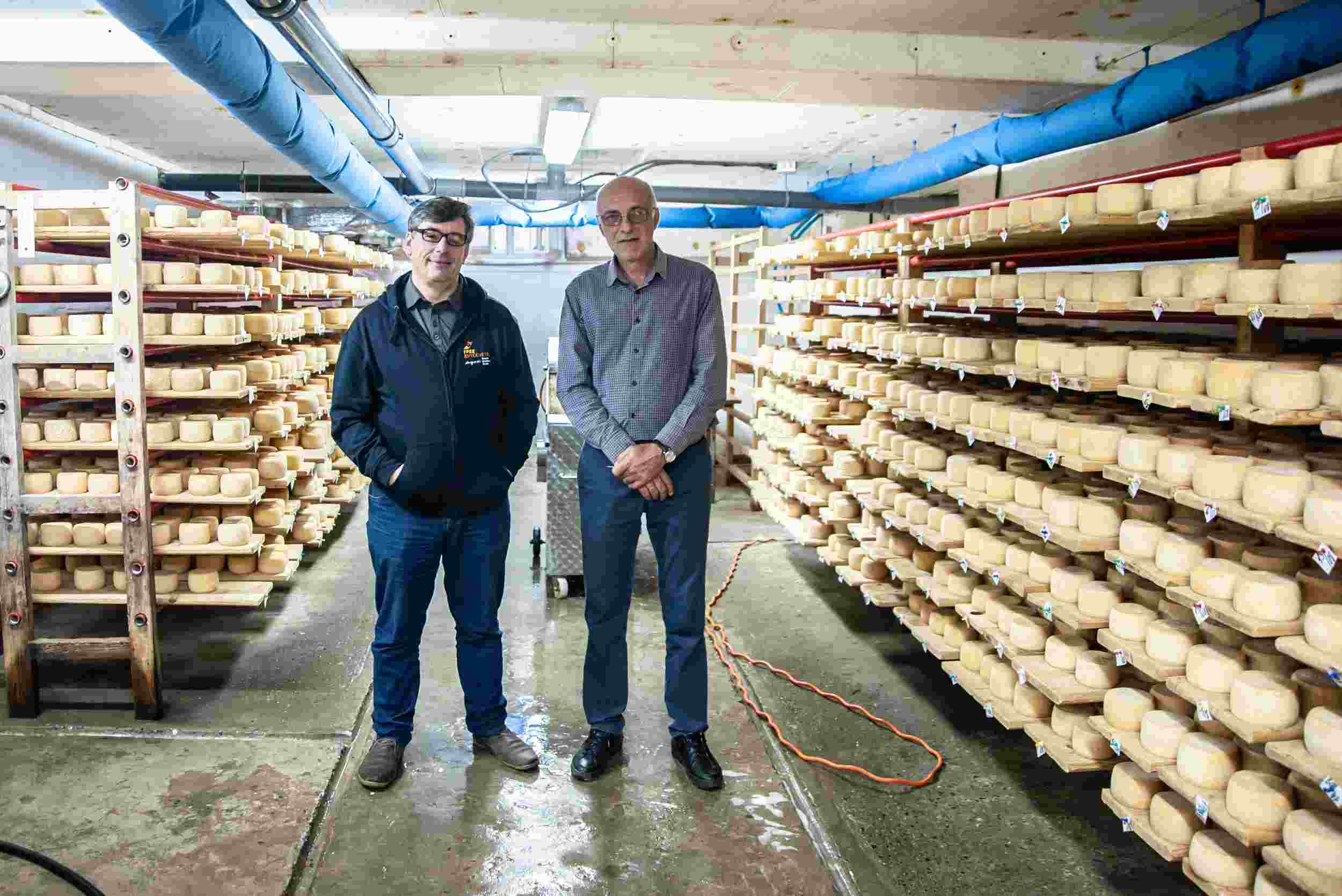
Petro and Iryna Pryhara’s partner and friend, Orest del Sol, a native Parisian who moved to Transcarpathia back in 1990s, founded the eco-farm of “Greenwood”, at the outskirts of Nyzhne Selyshche in 2006. It is quite specific as compared to other Ukrainian farmsteads, for they provide free access to open land for their animals at all seasons, and the diet is composed of clean and natural feedstuff.
Orest and his wife Yolana, together with their friends, produce goat cheese and other meat products – sausages, bacon. No chemical additives here, for they are assured that the conditional “civilization progress” only makes harm to the mankind, animals and nature.
– There are no such problems one cannot overcome. And obstacles are indeed always very symbolical, – says Petro Pryhara. – A team is people who are to understand and trust each other 100%. It is important for me, not only at work but also in everyday life. You must have people around to support you. I am lucky to have Orest. And there is one thing I will tell you to realize our relationship: I come from a multi-child family of 7 kids but I have better understanding with Orest than that I had with a blood brother.
– I don’t like anybody behaving like a big boss. Nor do it myself. I want to be independent – in thoughts and economically. So I don’t like governing, no authorities for me. It is important to respect each other and stop considering somebody cleverer, happier or luckier, – Orest assures.
– Community development depends, first of all, on the people in them. We may keep dwelling on planning and dreams but if I don’t have a team to implement them, nothing’s going to come of it. Unfortunately, nowadays people are not willing to communicate, they’d rather write to you in Messenger than come and knock at your door and say: “Hello! I got an idea!” Nice projects can’t be carried out like that, – Inna adds.
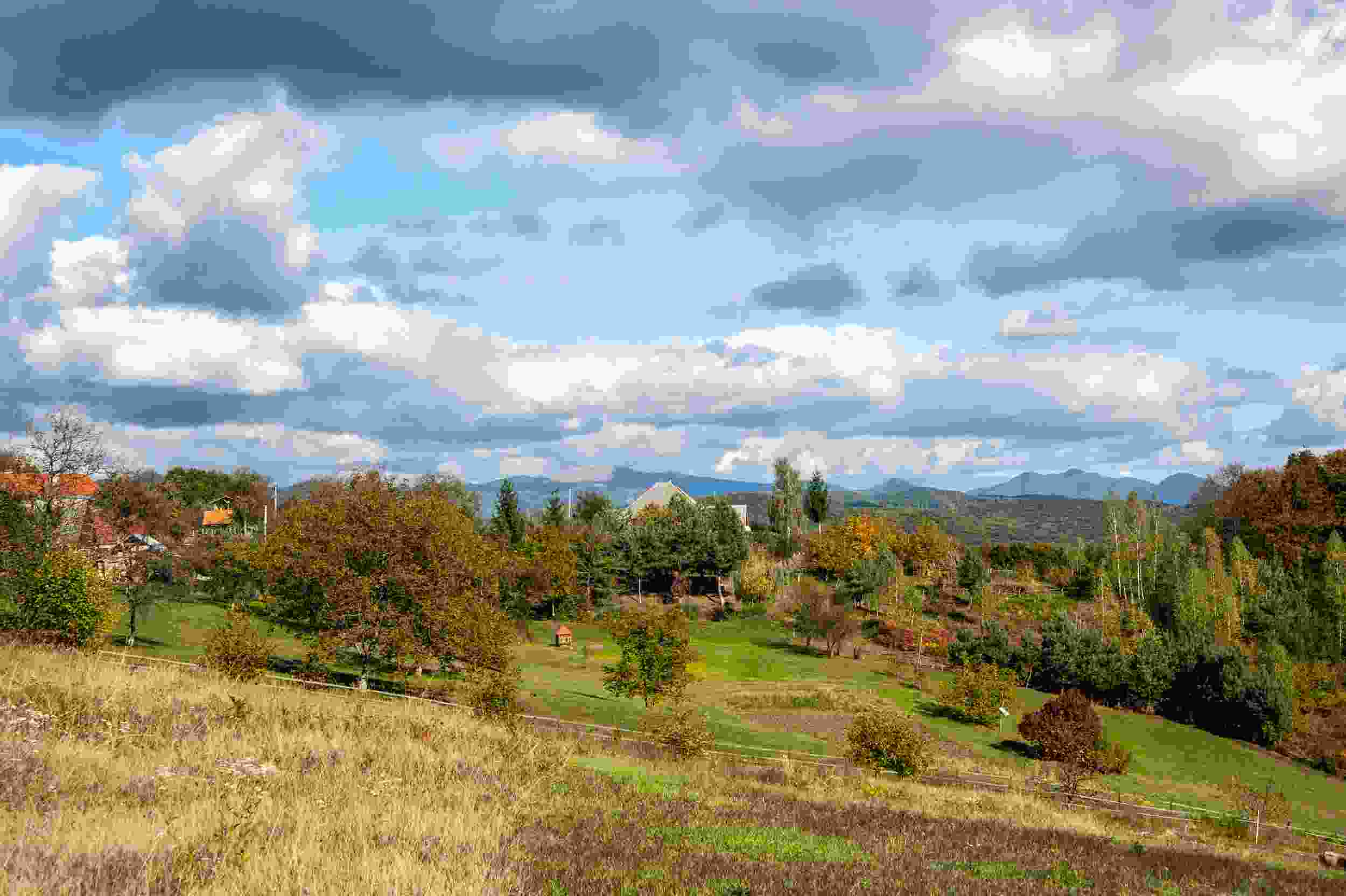
Apart from their own business, Inna, Petro and Orest are all active in social life. Due to their joined efforts, quite a number of projects were launched – from clubs for children’s activities at the school 20 years ago, installing the heating system in the kindergarten, repairing the village water supply system, preserving the club facility to installing a compost toilet for schoolchildren. Soon Inna Pryhara is going to carry out another social project, book-crossing, to be located near the cheese-dairy. The girl is already compiling a library and is planning to launch the project since the year coming.
* Nyzhne Selyshche is not only known in the economical area with their cheese-dairy but and the “Greenwood” farm but also with a farm growing edible snails and directly squeezed juices “Longo Mai”. We are going to tell about them in our further articles.
Culture. Music. Theater.
Over 20 years ago, Jurgen Kreftner moved to Nyzhne Selyshche, although he is known to the locals as Yurko from Bukovyna. An Austrian who didn’t want his life to be planned ahead, settled and scheduled. So he decided that it is in Transcarpathia where he would be able to fulfill himself.
Jurgen is quite a complicated man, always searching for something new. He is the founder in the «Hudaki Village Band», and you wouldn’t call it just a folk band. They have toured almost the whole Europe. The musicians come from Khust area.
Apart from the band and music, Jurgen’s life has one more hobby: directly squeezed juices, sold under the brand “Longo Mai”. It is a unique product made of apples and vegetables. They produce apple and apple and carrot juice, apple and beet juice, apple and celery juice. And – doing tests on creating an authentic Transcarpathia cider, too.
We met Jurgen at one of the village’s culture and art hubs, the guests’ house of SargoRigo. He gave us a guided tour and told about the main idea and reasons for founding the place.
There used to be a deserted old school in the very heart of Nyzhne Selyshche. The local archives cannot provide detailed info but still it surely functioned already in 1900s. It has been abandoned for the last 20 years. Supported by our friends and partners from Switzerland, we decided to make a hostel out of it, – the musician tells. – But not a usual one but for groups. For many events are held in the village, musical, theater, sport ones, and boarding guests and event location had always been an outstanding issue.
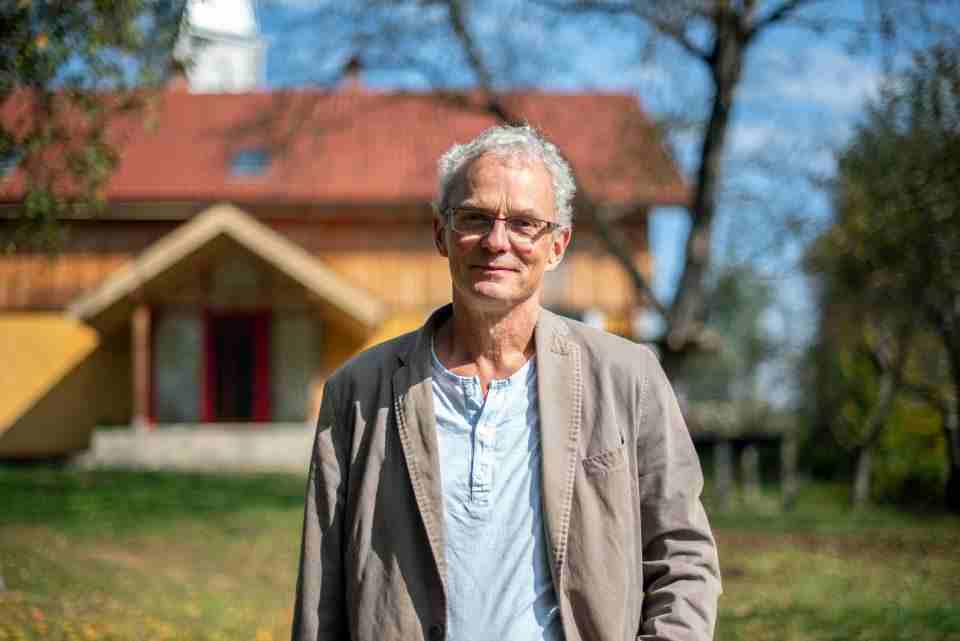
The making of the project design took a long time, as it was planned the final version of the facility at once, to avoid repairs and rebuilding every year. The very idea appeared in 2006, the building operations started in 2009 and commissioning only took place in 2017.
Now the facility may provide with comfortable lodging 24 persons. It is a non-profit project and the funds paid for the accommodation by the groups are spent for its maintenance. Guests stay here quite often, despite there is no promoting and can’t be found on booking.com. However, the founders put a special stress on the fact that it is not a place for individual tourists and in case of such requests they eagerly recommend peasants that accept guests in their cottages.
As they were designing the hostel, the project owners took into account the existing trouble with water purification, typical for many countryside areas, and set up special equipment for that.
– Employing a very experienced Ukrainian ecologist from Kyiv, we did an interesting project for water cleaning. It is totally ecological and the water is purified using no chemicals. It is an experimental project, a prototype, and scientists are currently working on its improvement. It is rather a low cost project so it can literally save many farms, – says Jurgen.
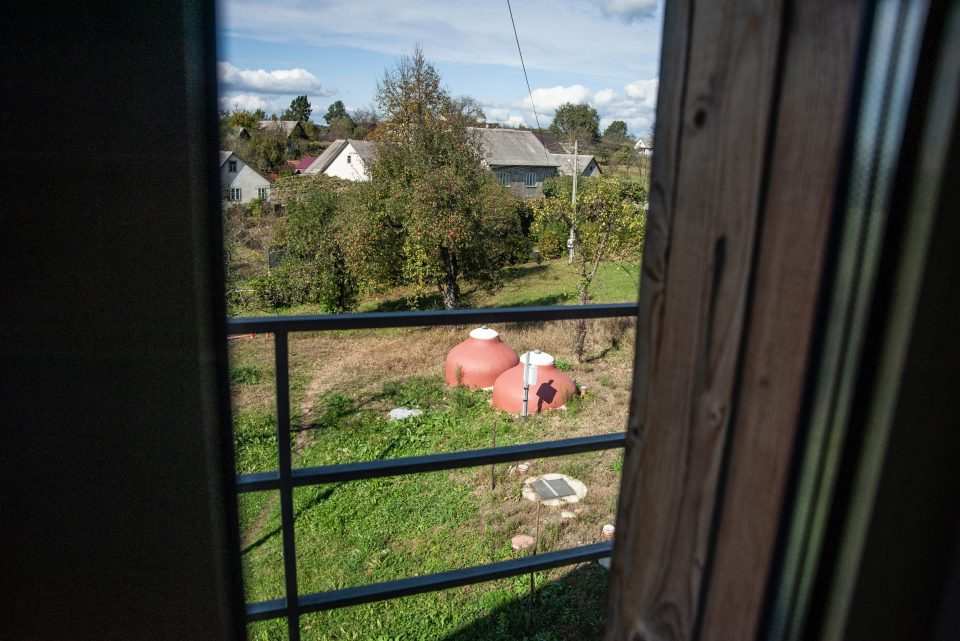
The hostel’s facility is also used for holding conferences, seminars, concerts, yoga training sessions.
We never meant making money with the hostel but to give a very positive advance for the village. As I arrived here back in 1990s, the young ones thought the village was a waste pit, with no emancipation, development. It is still partially true up until now. But no so outright as it used to be. Due to our ideas, people perceive themselves and the community they live in differently. People keep coming and saying: “Hey, it’s so cool here!” And then the locals have a different view of everything around them, – Jurgen tells.
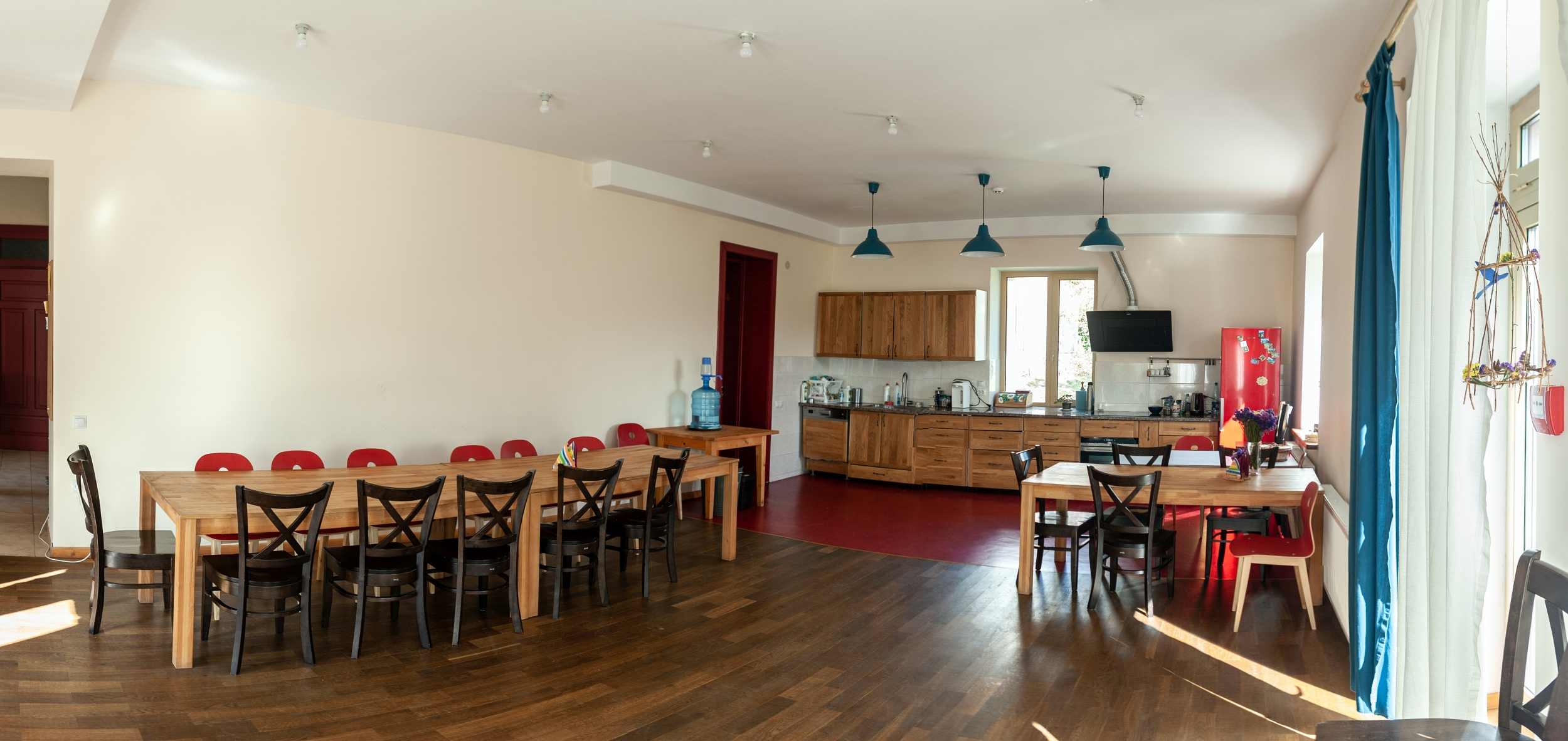
The musician himself stayed here because he realized that living in a small village in Transcarpathia attracts him more than Europe’s big cities. People treat life among such nature and mountains differently.
– I grew up in a quite different environment and I travel a lot so I can see some processes going on here from a different point of view. We don’t keep records in statistics but I can feel the difference in the young ones’ attitude to their native village.
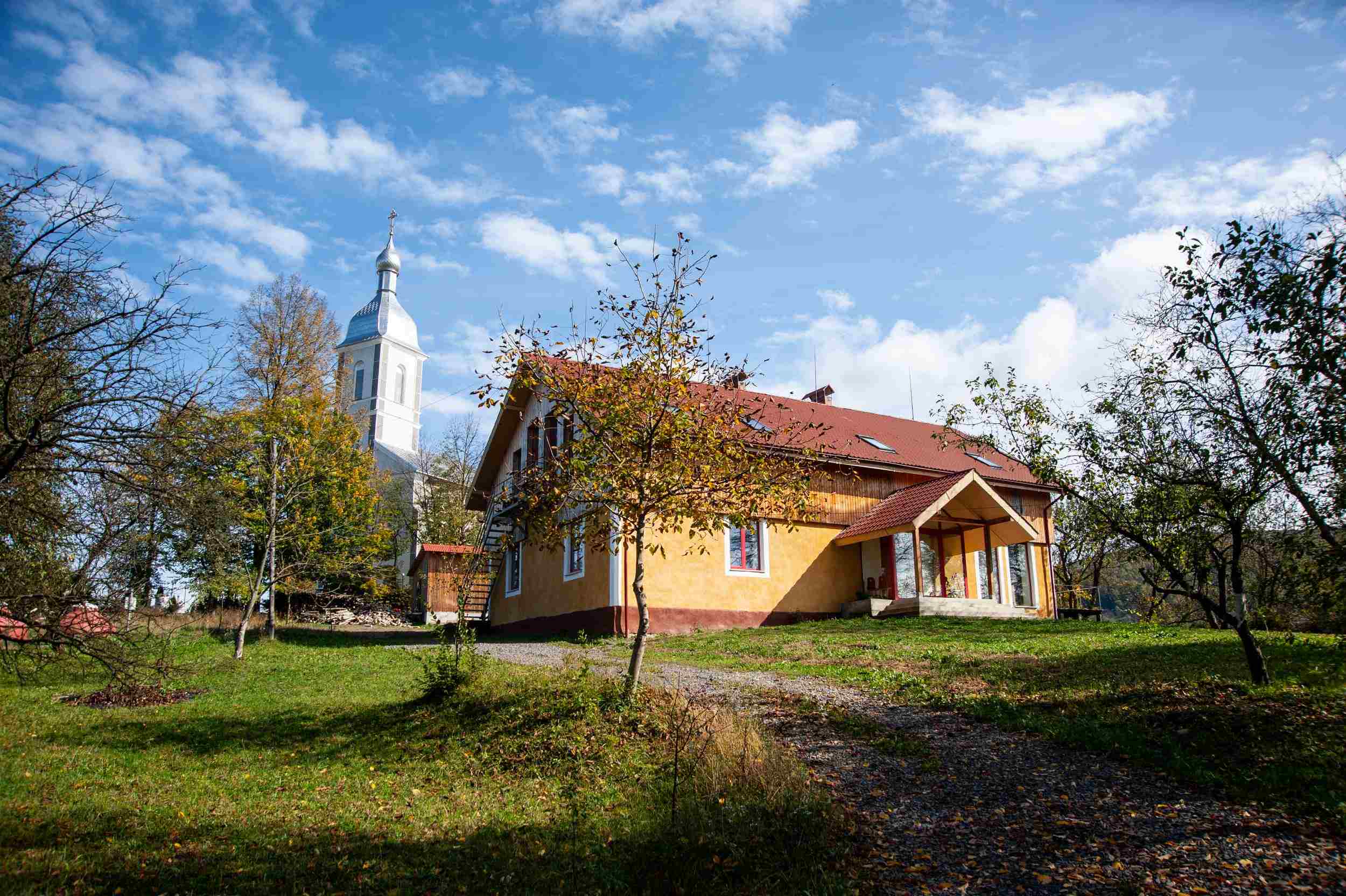
Generally, to Jurgen’s mind, the greatest problem in the village is unconcern. When all people are interested in is how to earn money and watch TV.
– I am deeply convinced that the main thing is to realize: Transcarpathia has got everything right here. Nothing to be imported except for skills and knowledge. No need to be afraid to do something, own a business. Another important thing is that I didn’t come here alone. I had someone I could rely on. This kind of support is very important, once you have it, nothing to be afraid of. Yes, I know, it all takes time. and sometimes you have to take a step back to be able to make one forward.
Jurgen’s friend, partner and his child’s godmother, Tetiana Bilousova, is the head of the theater studio “Chiga-Biga” and the organizer of the international theater festival “The bird”. It was established in Nyzhne Selyshche in 2007 and since then it welcomes gifted youths from various parts of Ukraine and Europe. The theater is unusual, with no scripts and parts learnt by heart. It is about people, life, relationships, a place in society, improvisation and values.
– As my friend and I first came to Nyzhne Selyshche, we were surprised and inspired by the efforts of the local community, especially from children and young people. They readily and confidently joined all the theatrical ventures we offered, – says Tetiana. – At that time performances could only be watched by children and adults in the kindergarten and the school, staged by touring theaters. The latter are more concerned not about the material and ideas but a combination of comic situations and involving touring zoos. We have always cared for the theater to give an opportunity for serious thinking and suggesting to solving issues actual in the society.
Photo: Mykola Udut
“The Bird” festival in Selyshche is a week full of workshops in theater, cinema, conceptual art, land art, stagecraft, sound, staging of performances and films. And it also features dozens of visitors from various countries of Europe, bringing their experience, vision and inspiration. Definitely, it all stays here, transformed into new projects and ideas by the villagers.
– The most important for me is the young brains who have grown up with a clear stance on things, open-minded, sincere, – Tetiana shares her thoughts. – Our family of “The Flower” has grown through all these years but the basic things have remained with the young people of Nyzhne Selyshche, thus making it a truly cultural center in Transcarpathia.
Reference. The cooperative of Longo Mai was founded in 1973 in France. It is and international agricultural and craft cooperative of alternative, liberty-loving and anti-capitalistic orientation. The community enrolls about 300 members. The cooperative participants are busy with producing and selling agricultural products (fruit, vegetables, berries, honey, cheese, woolen clothes, fruit and vegetable preserves, wine, natural cosmetics and personal supplies etc.). Longo Mai has created several mass-media: an independent radio, Zinzine, an independent informational agency (AIM), the newspaper of the European Civic Forum “Artichelle”. The cooperative publishes books. They also shoot educational films on agricultural farming.
Disclaimer: the present material is presented by the civic community of “Institute of Central European Strategy” with the support by US Agency for International Development (USAID). Creating the material became possible with sincere support from the American people as provided via US Agency for International Development (USAID). The contents or the material is a sole responsibility of the civic community of “Institute of Central European Strategy” and does not necessarily reflect opinion of USAID or USA government. Reproduction and use of any part of this material in any format, including graphical, electronic, copying or using in any other way whatsoever is prohibited without a link to the original source.
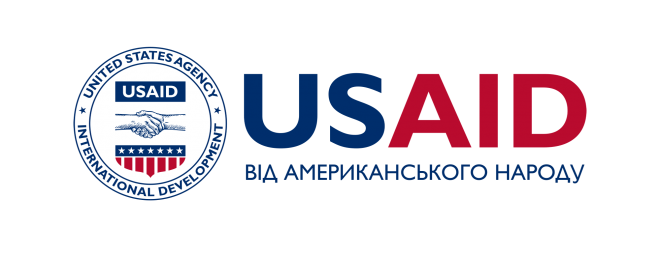
Rosana Tuzhanska
Anton Ryzhykh





